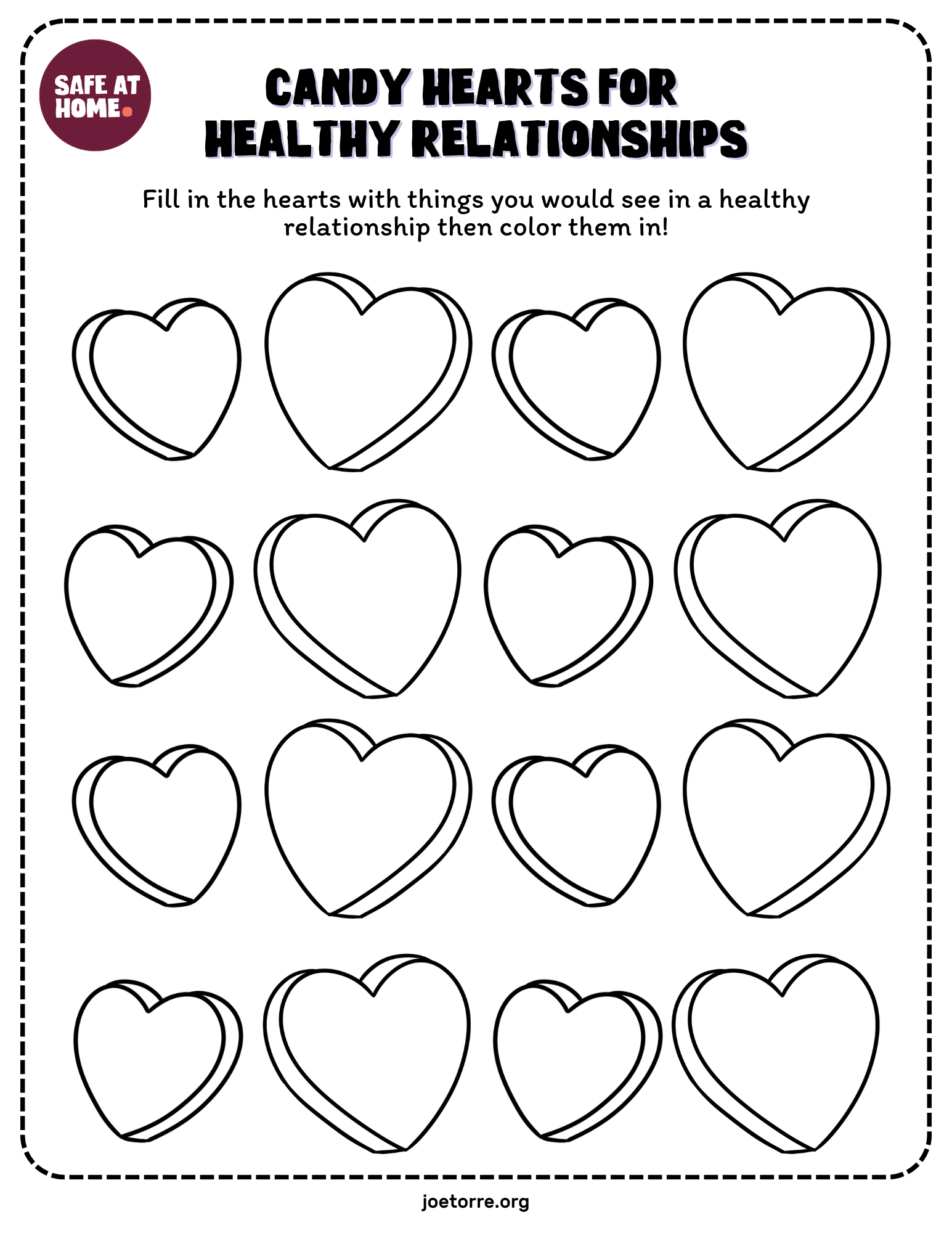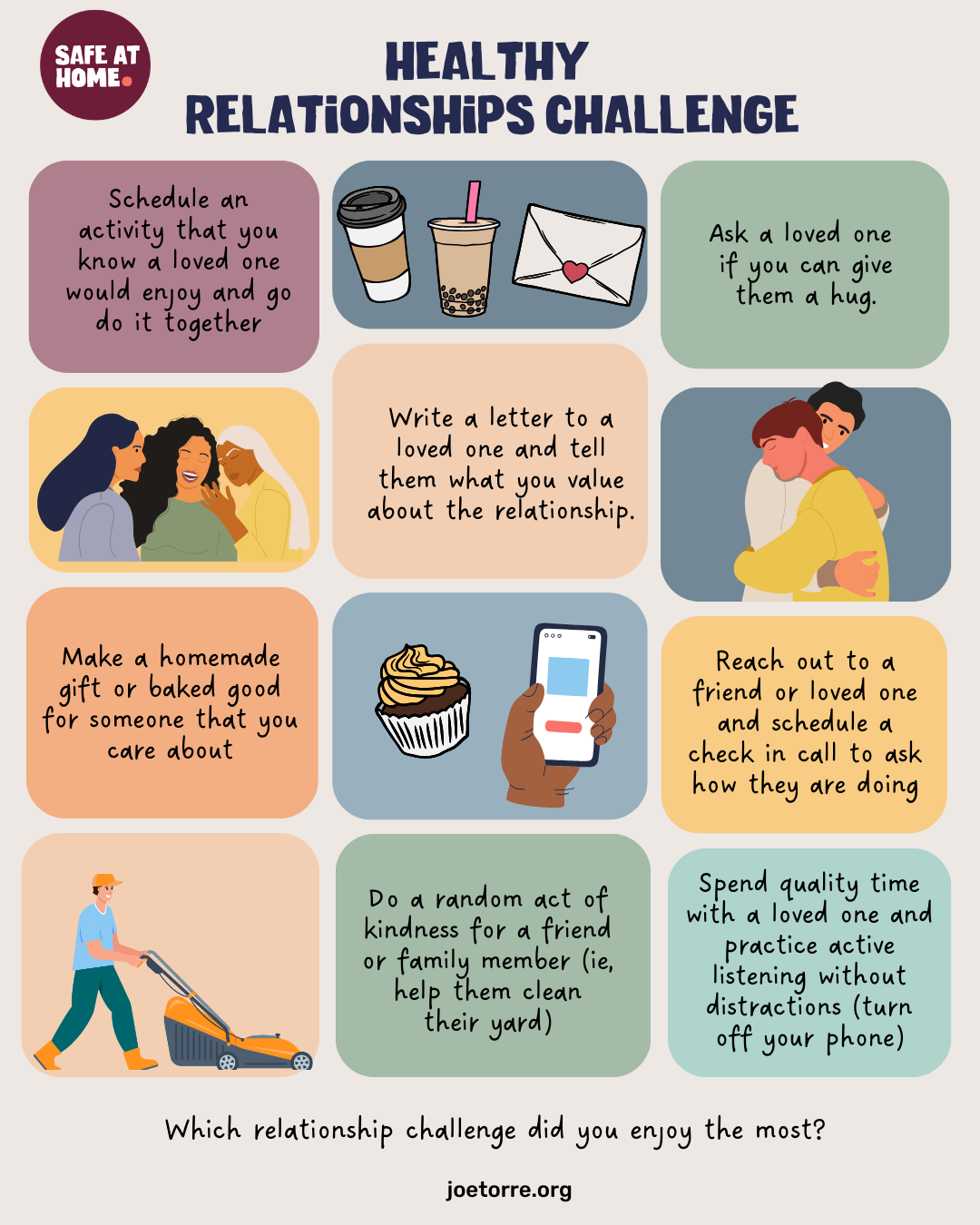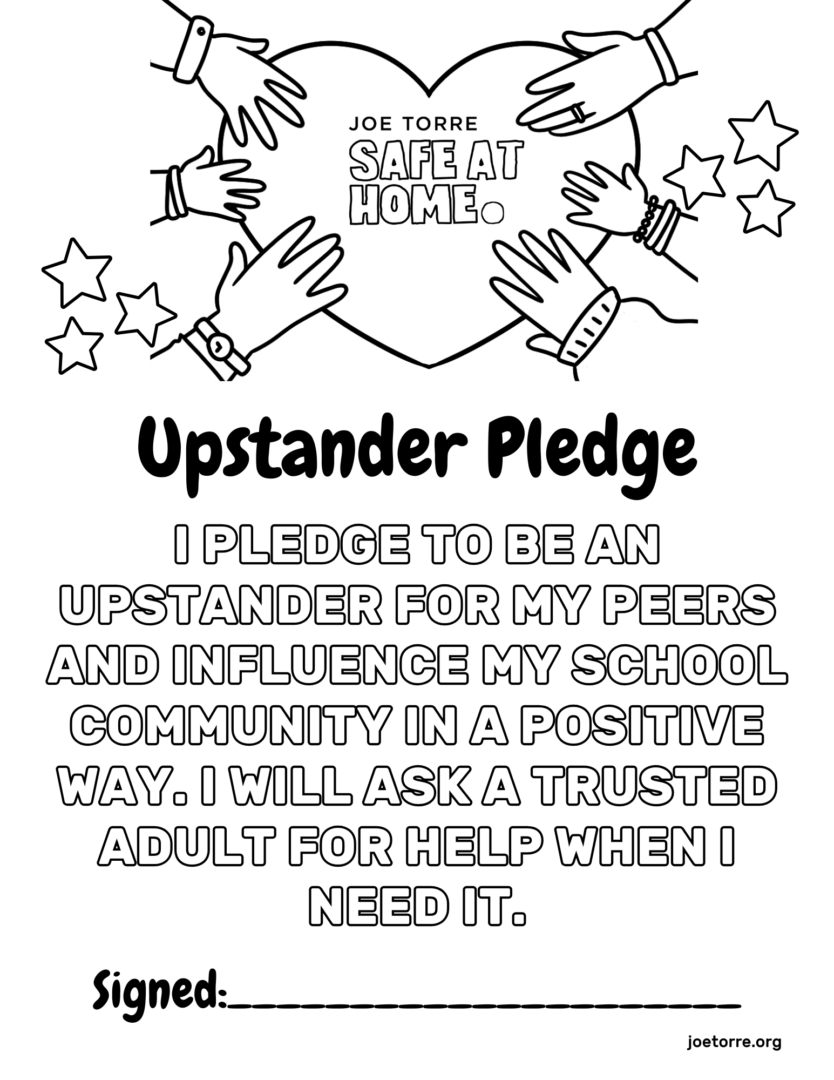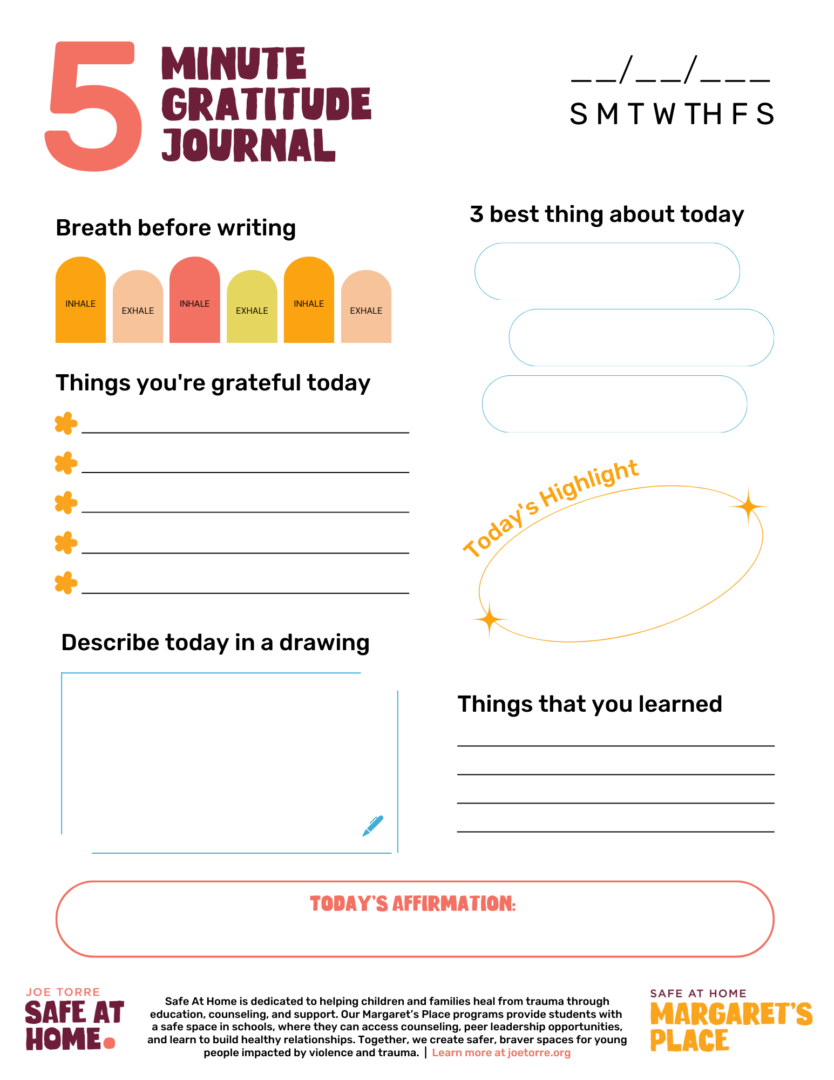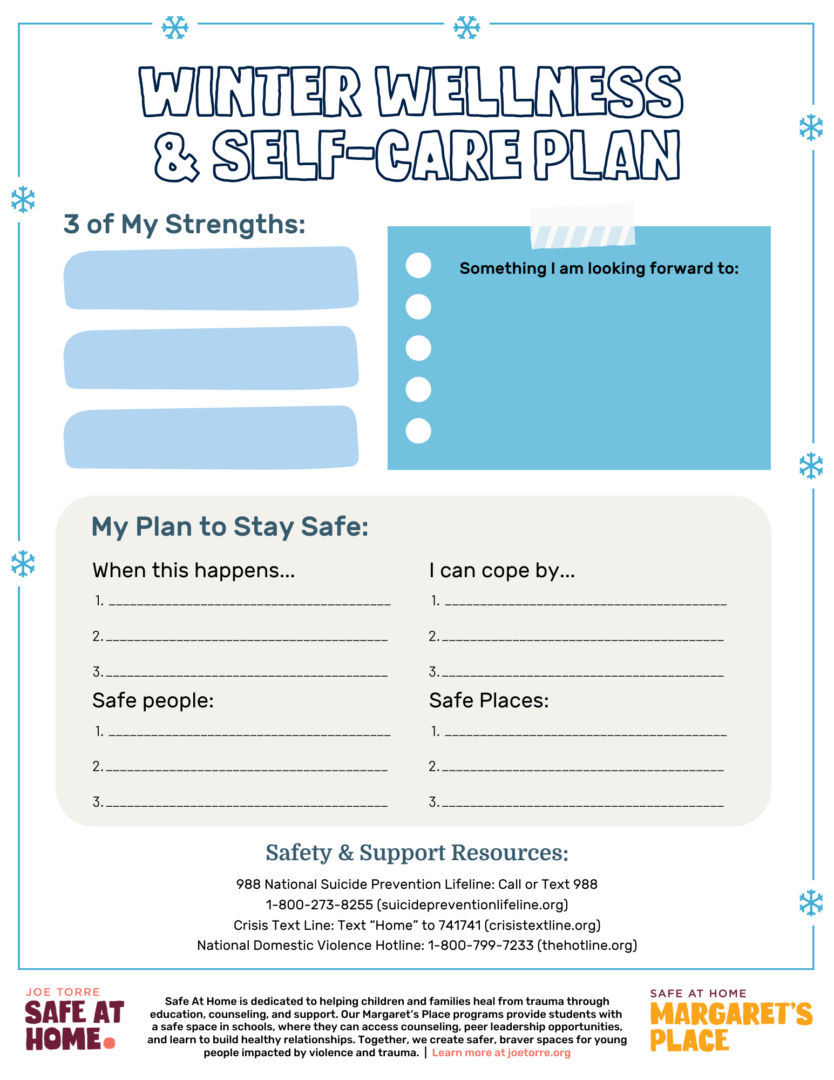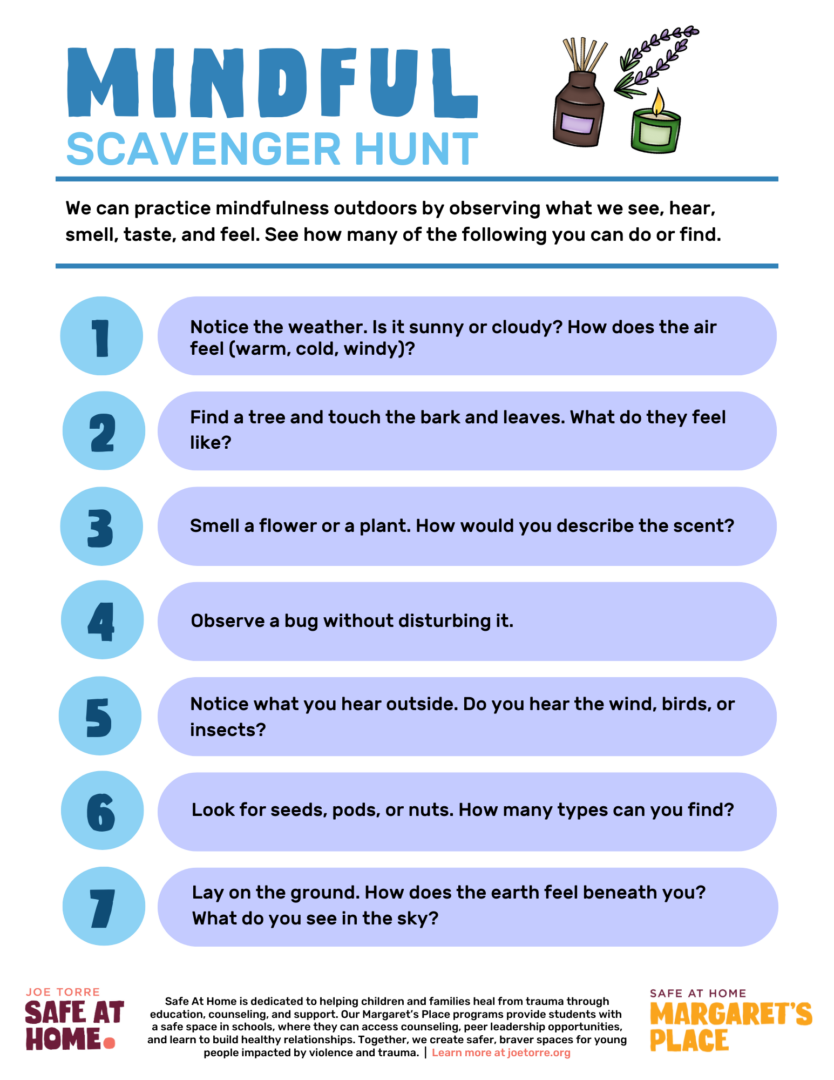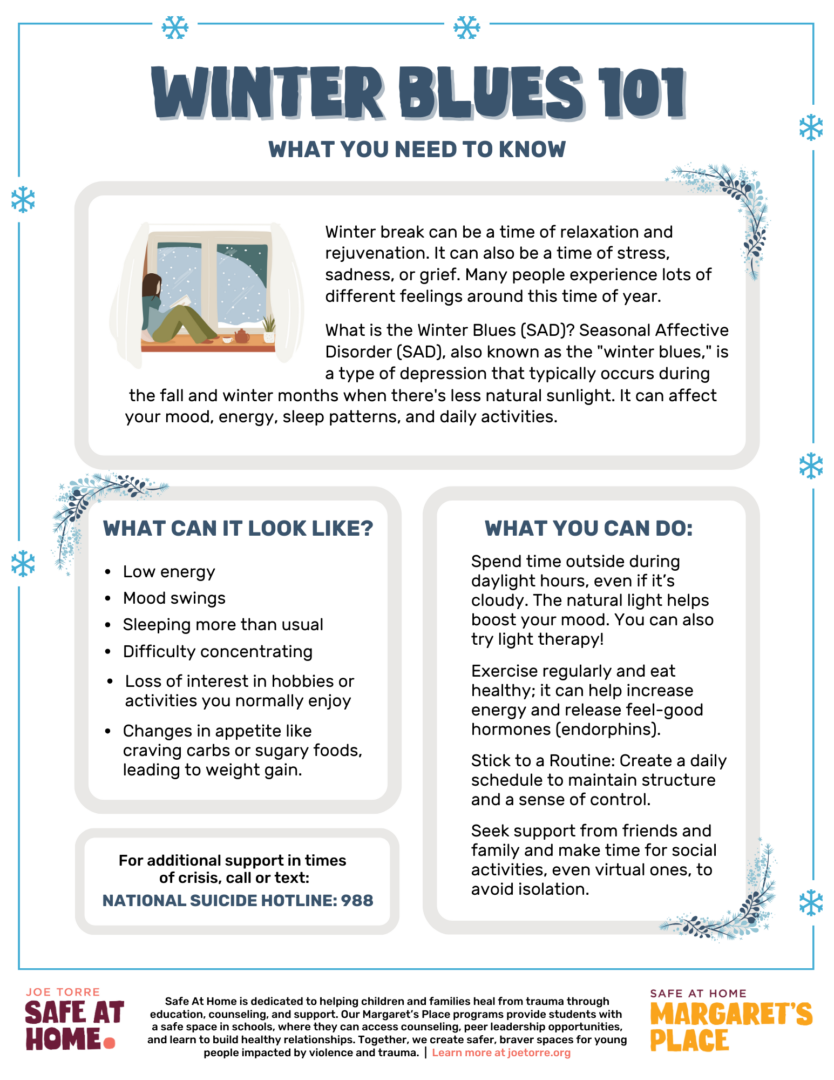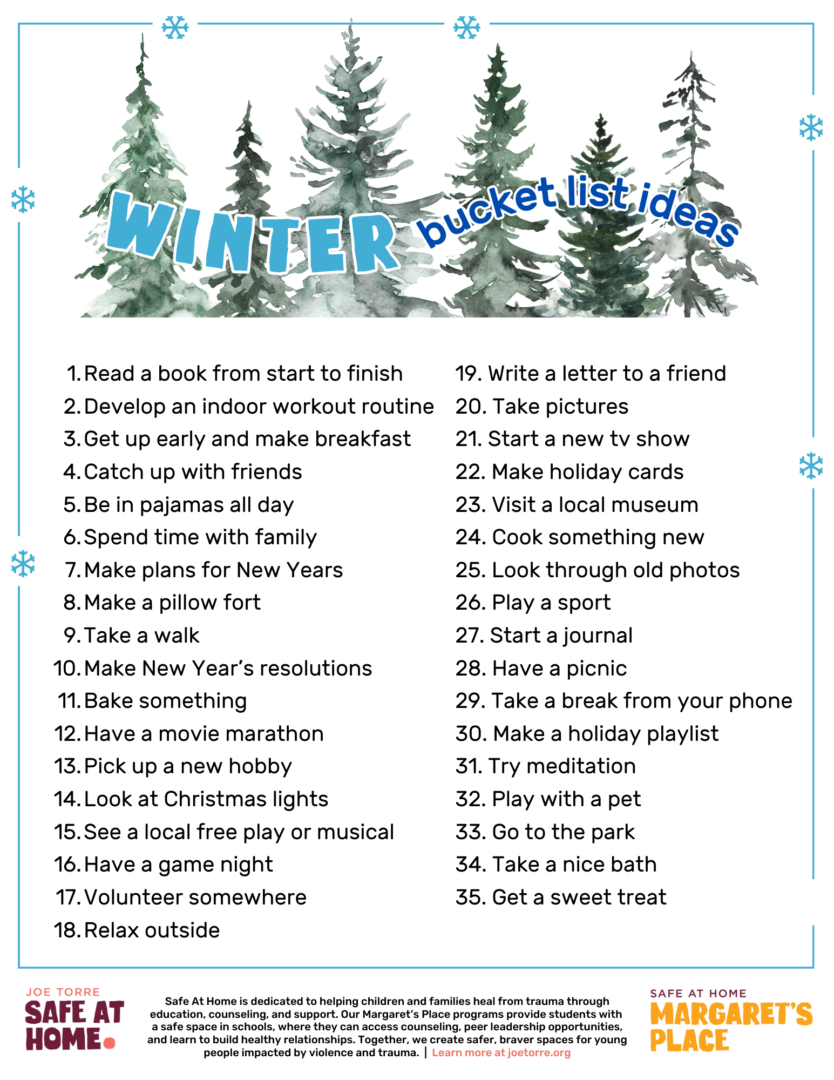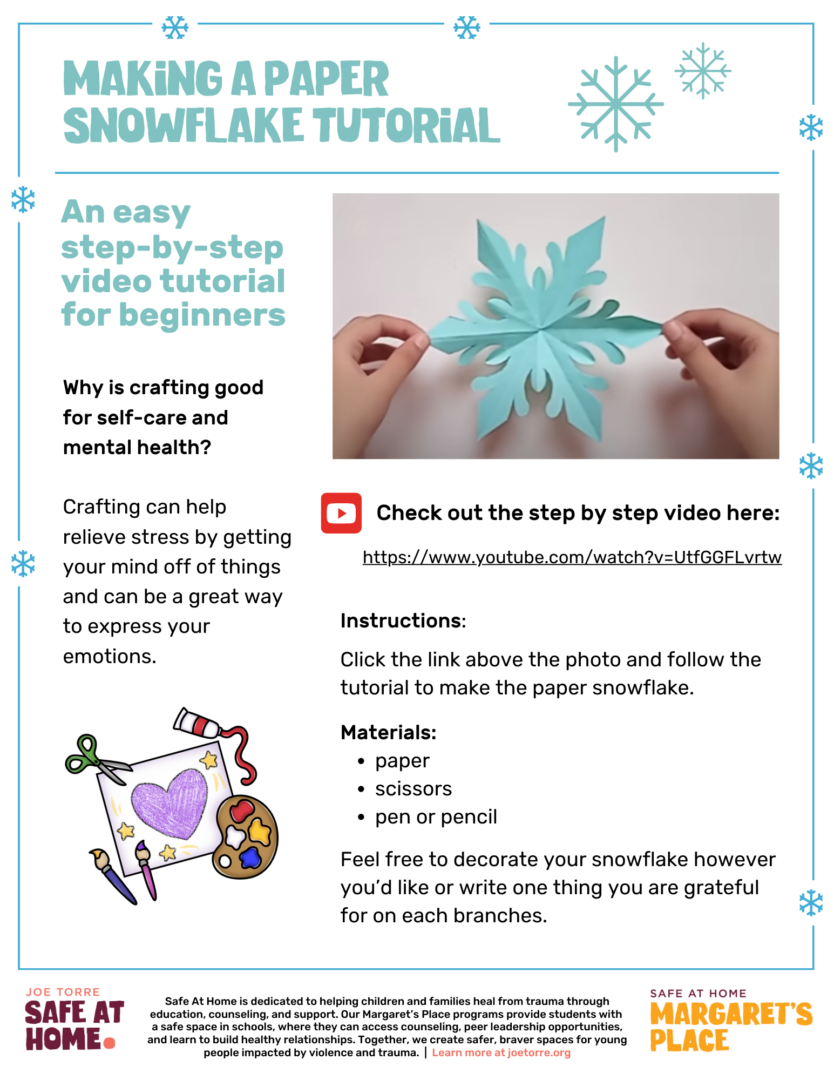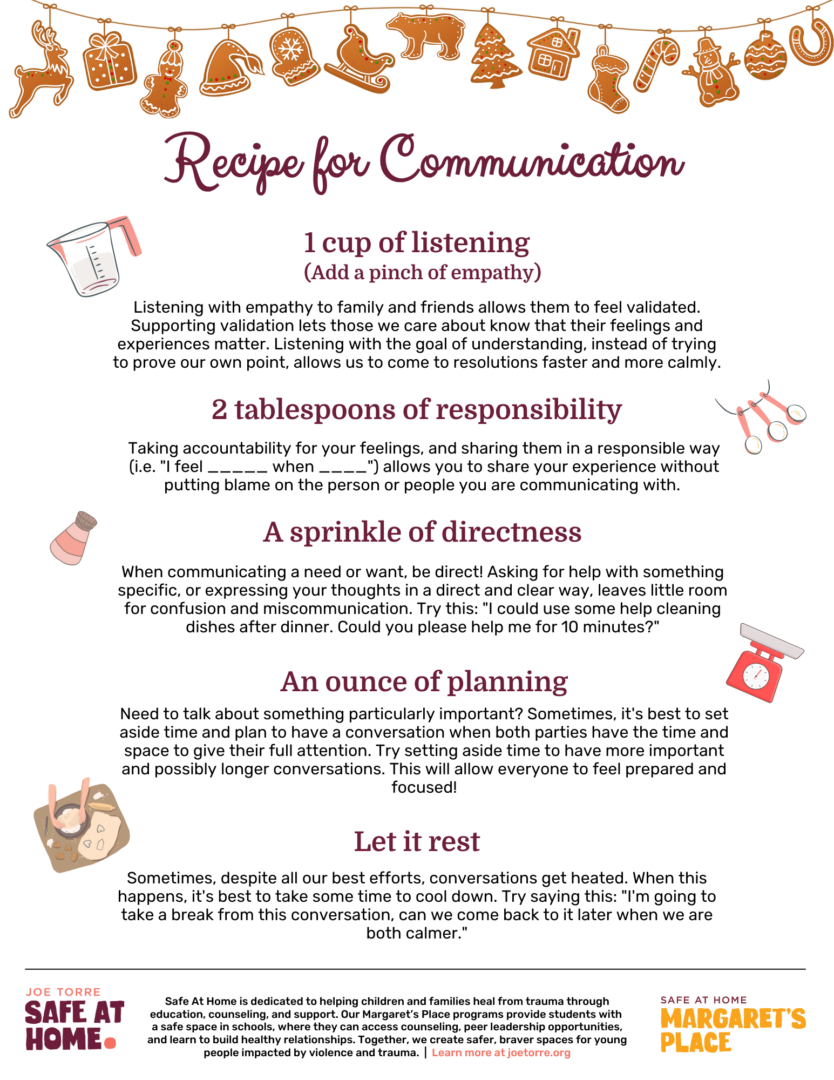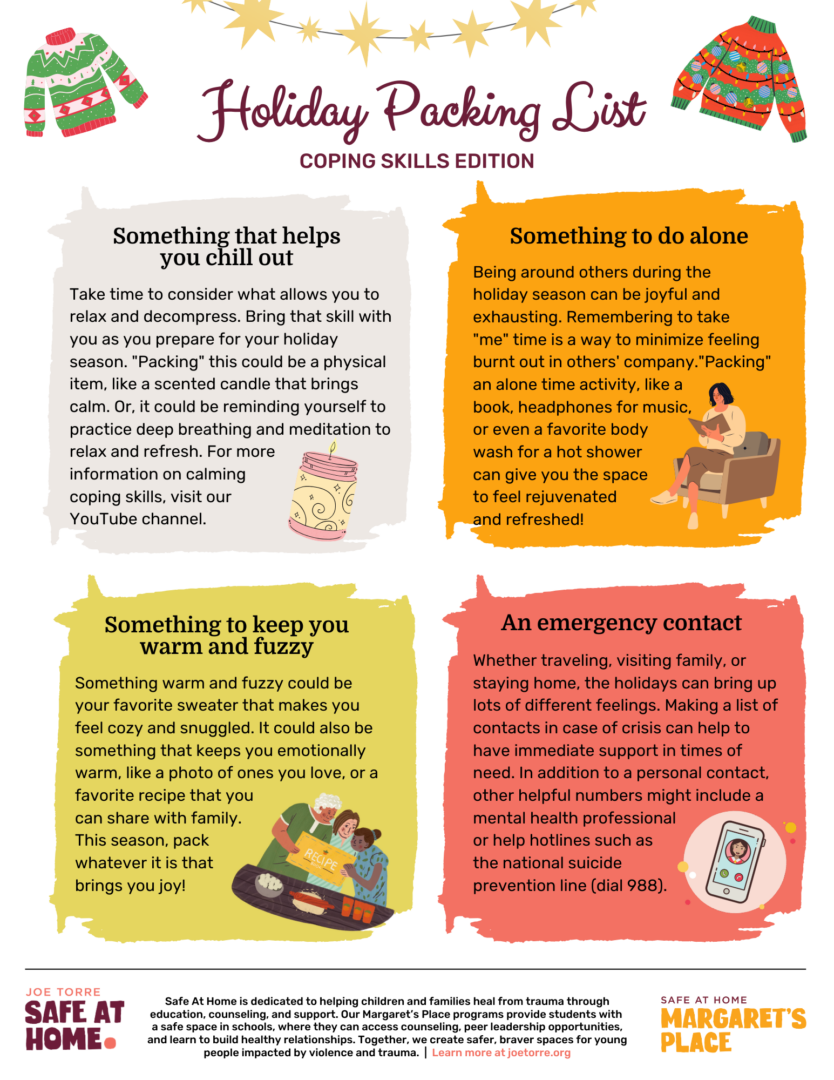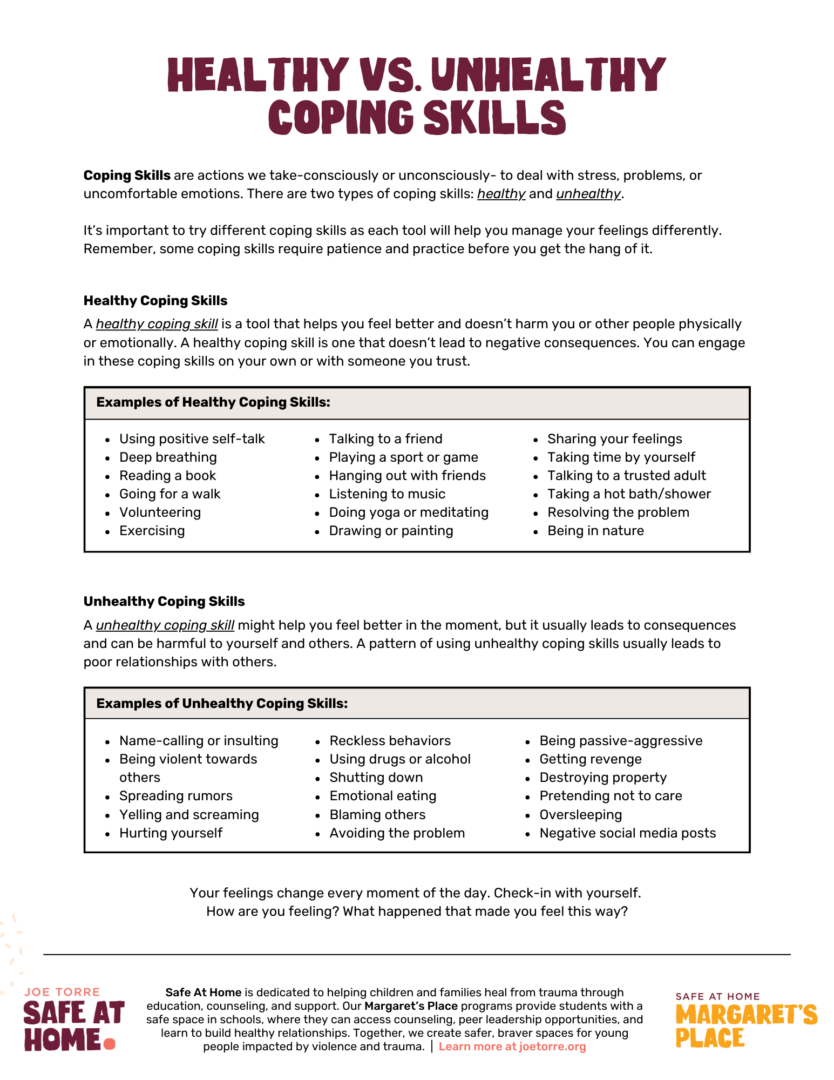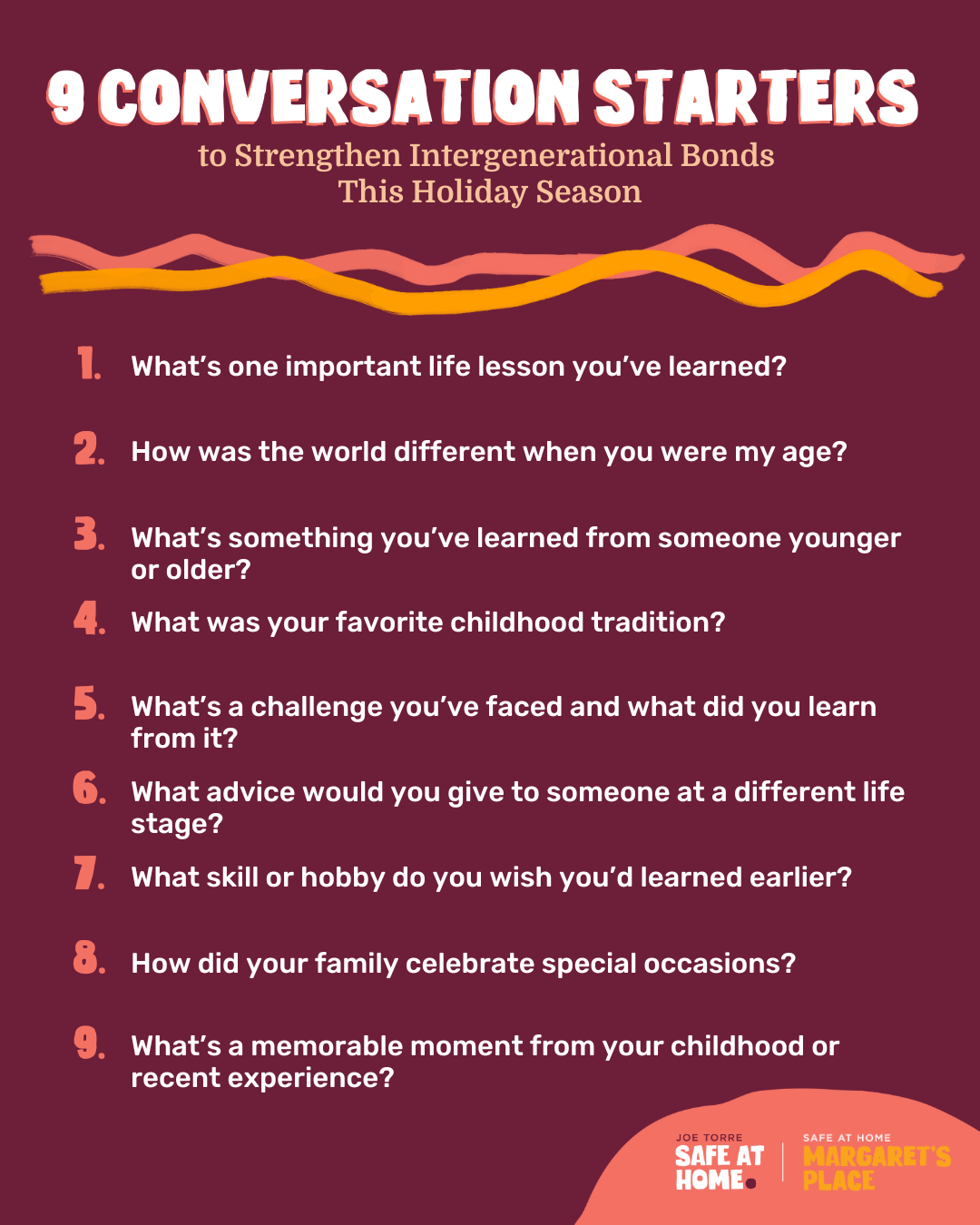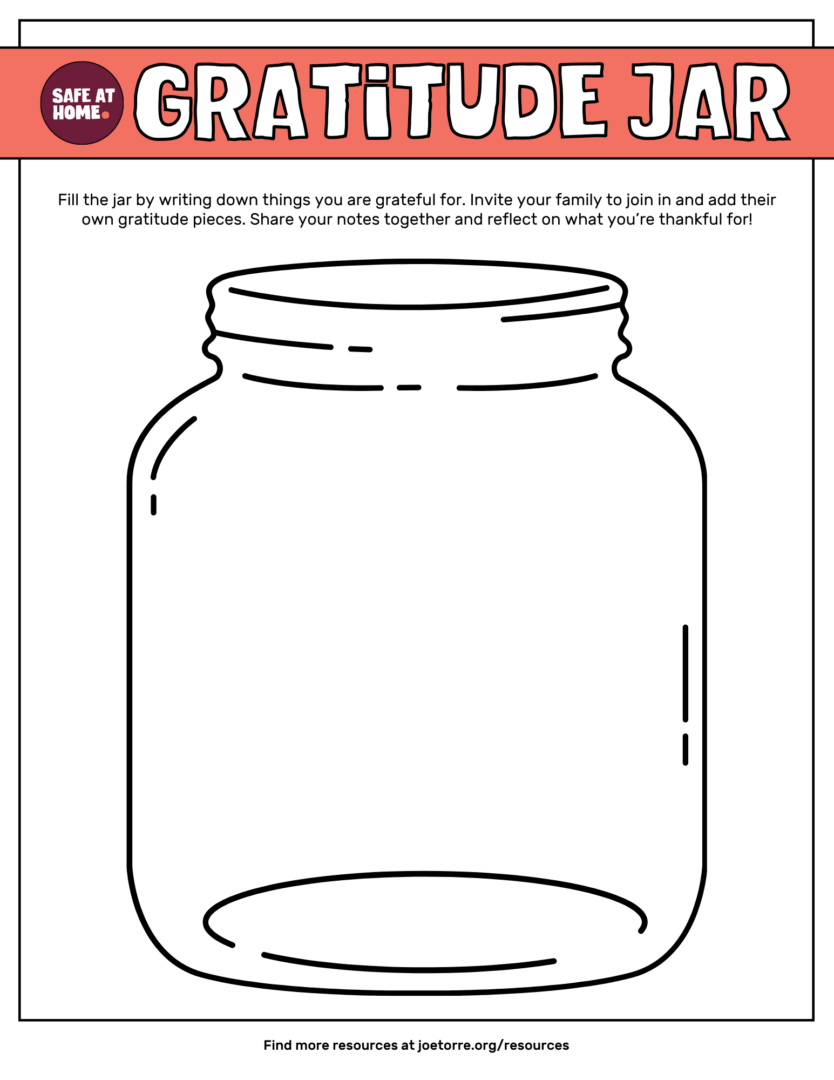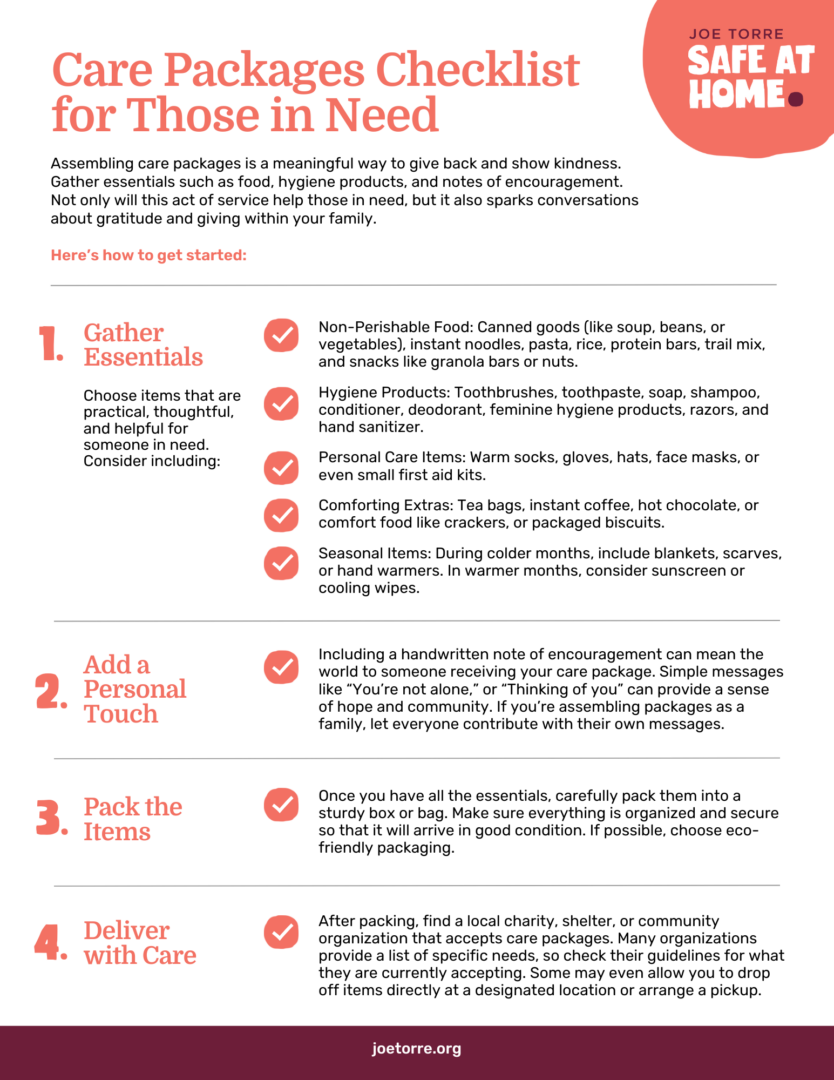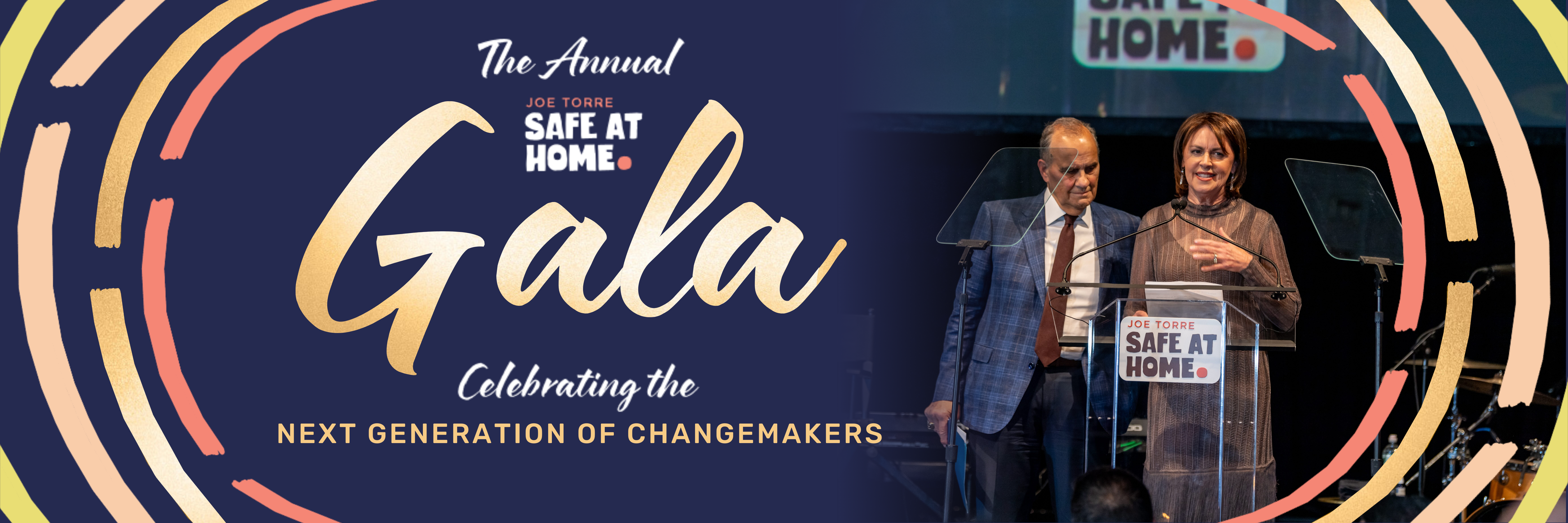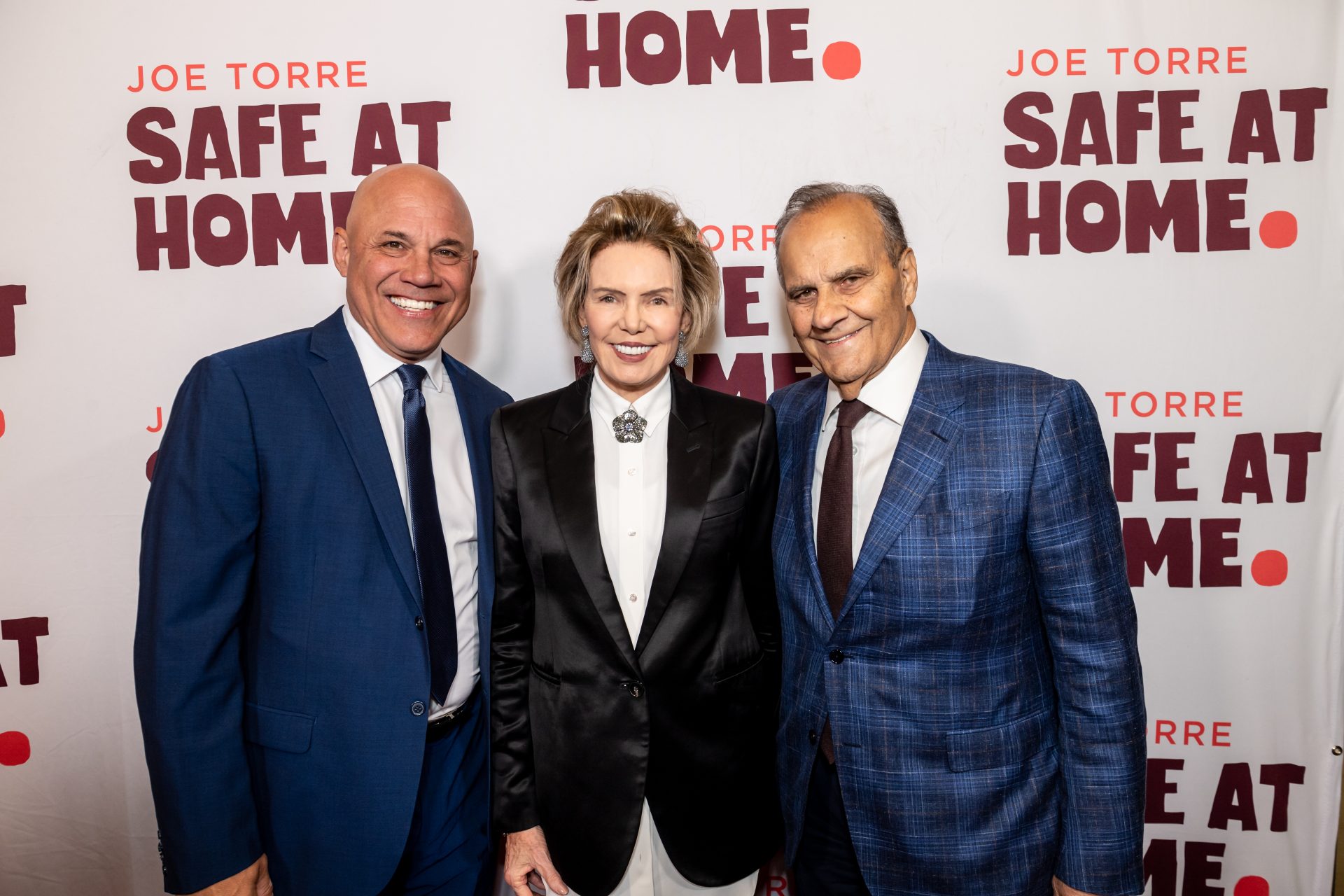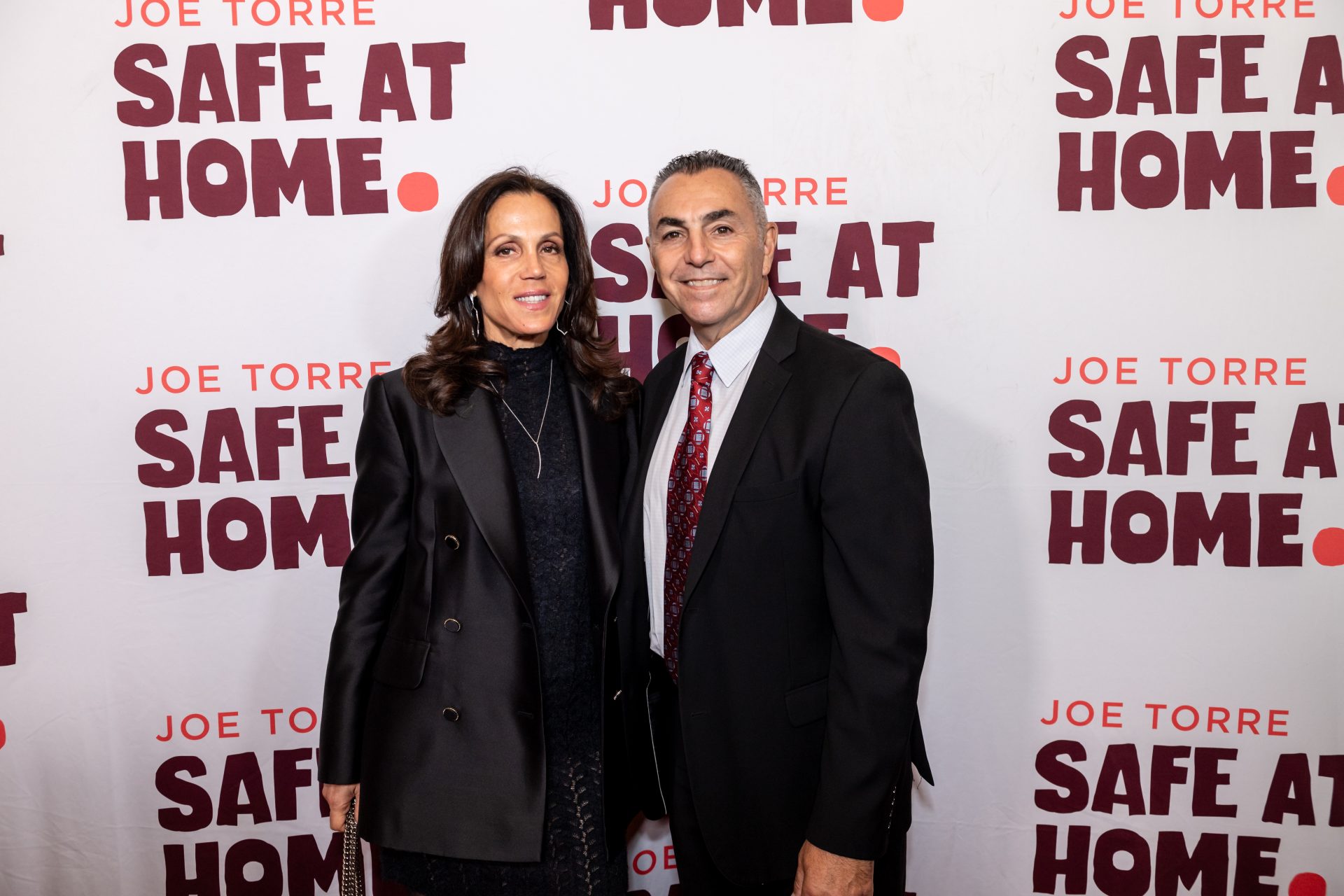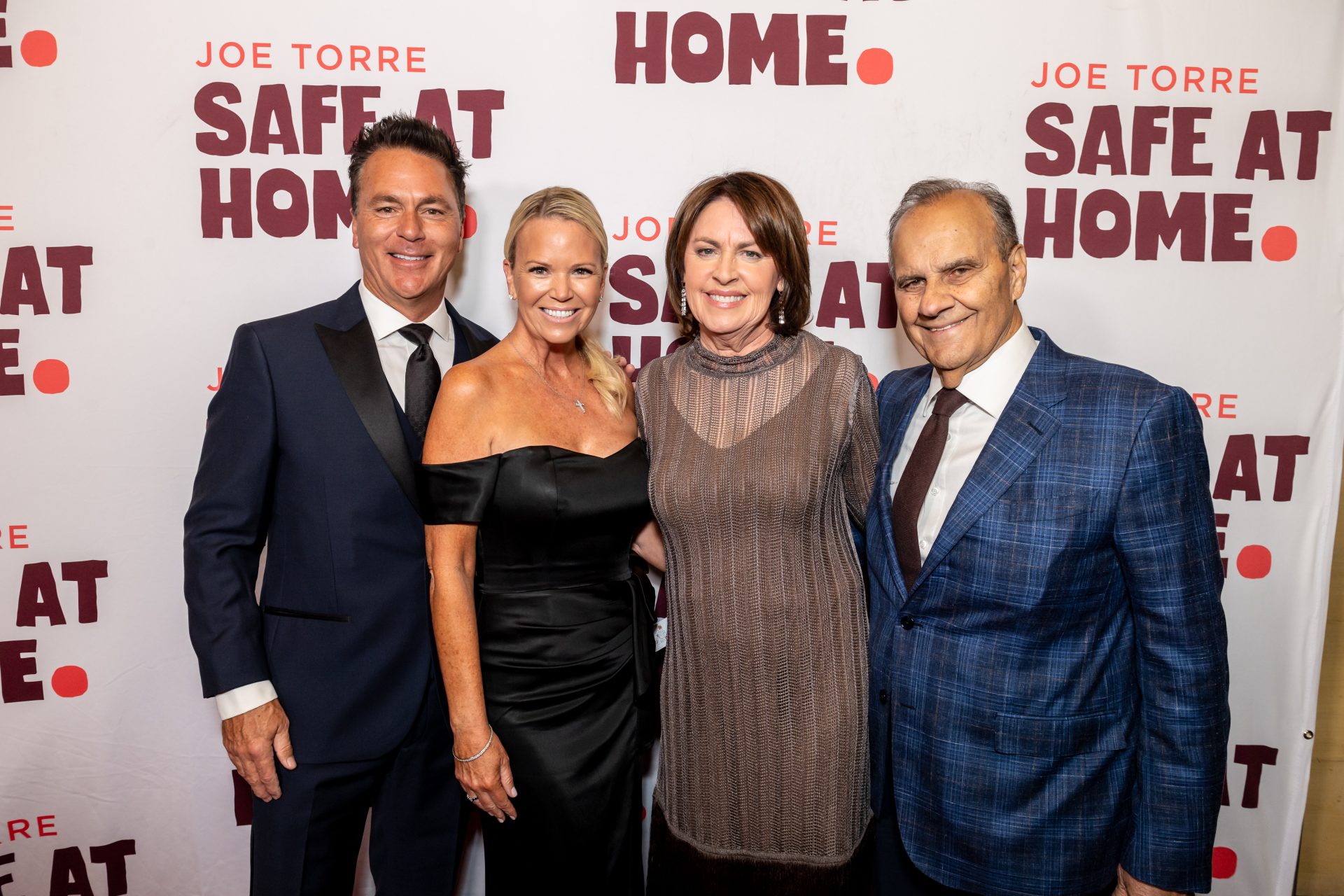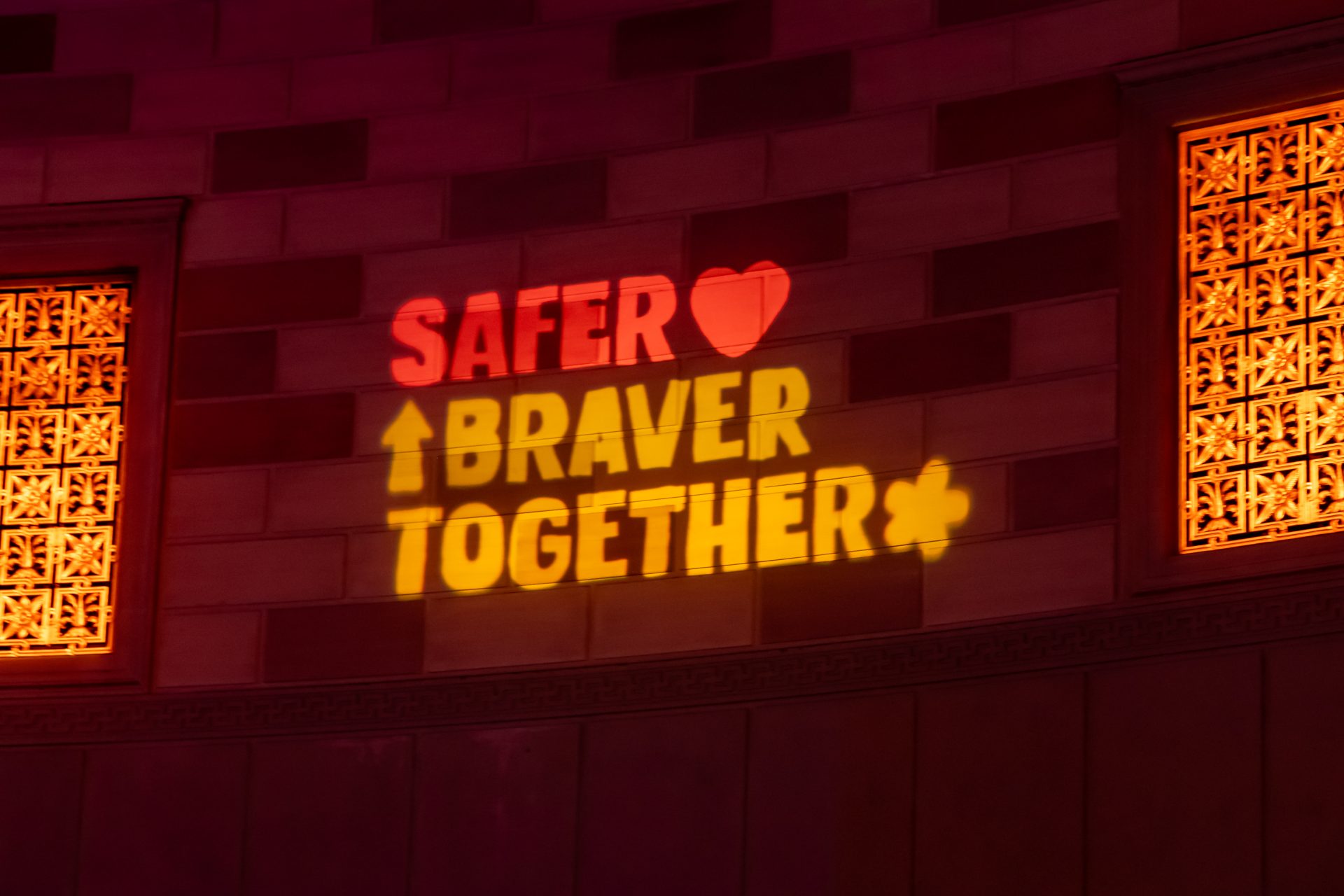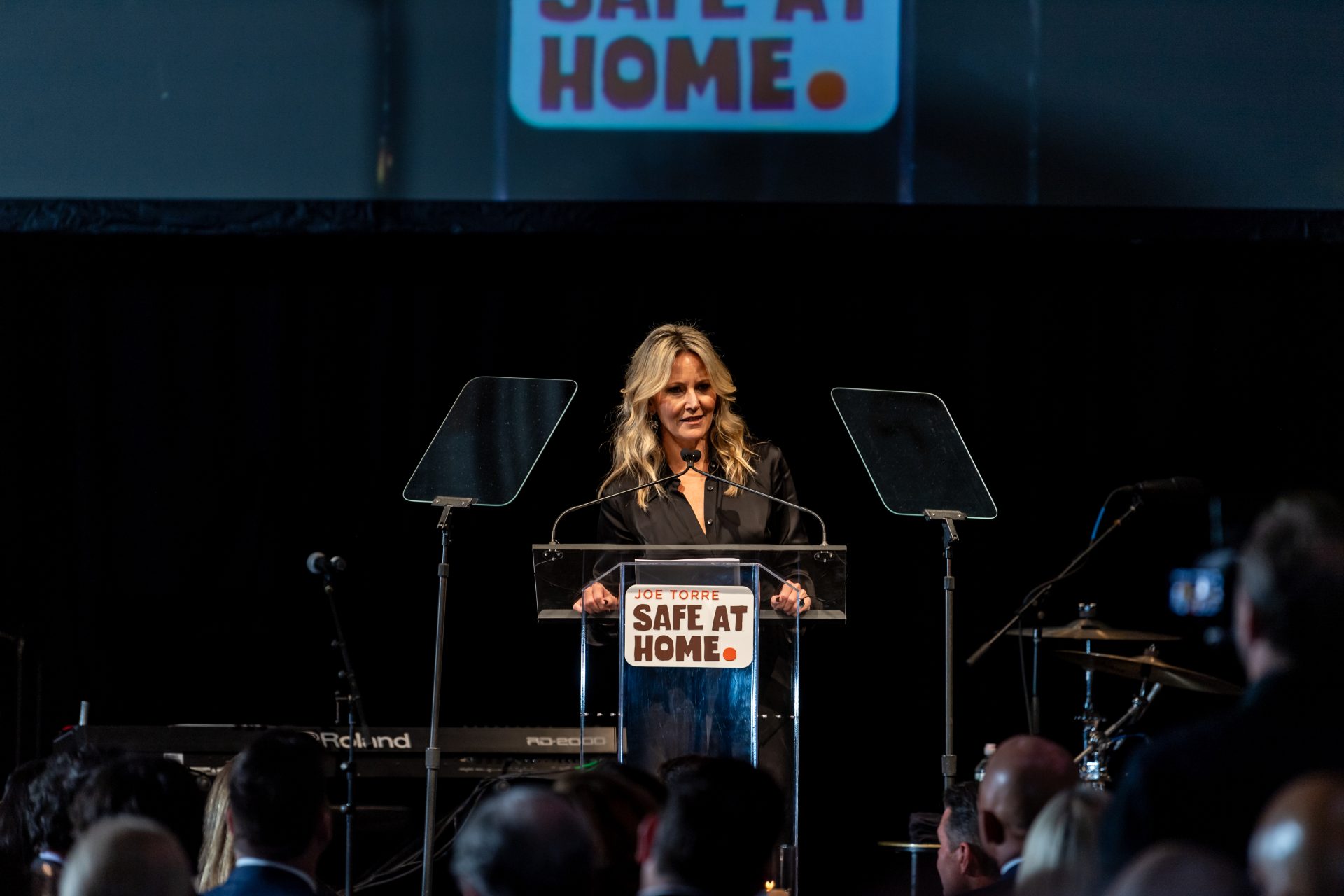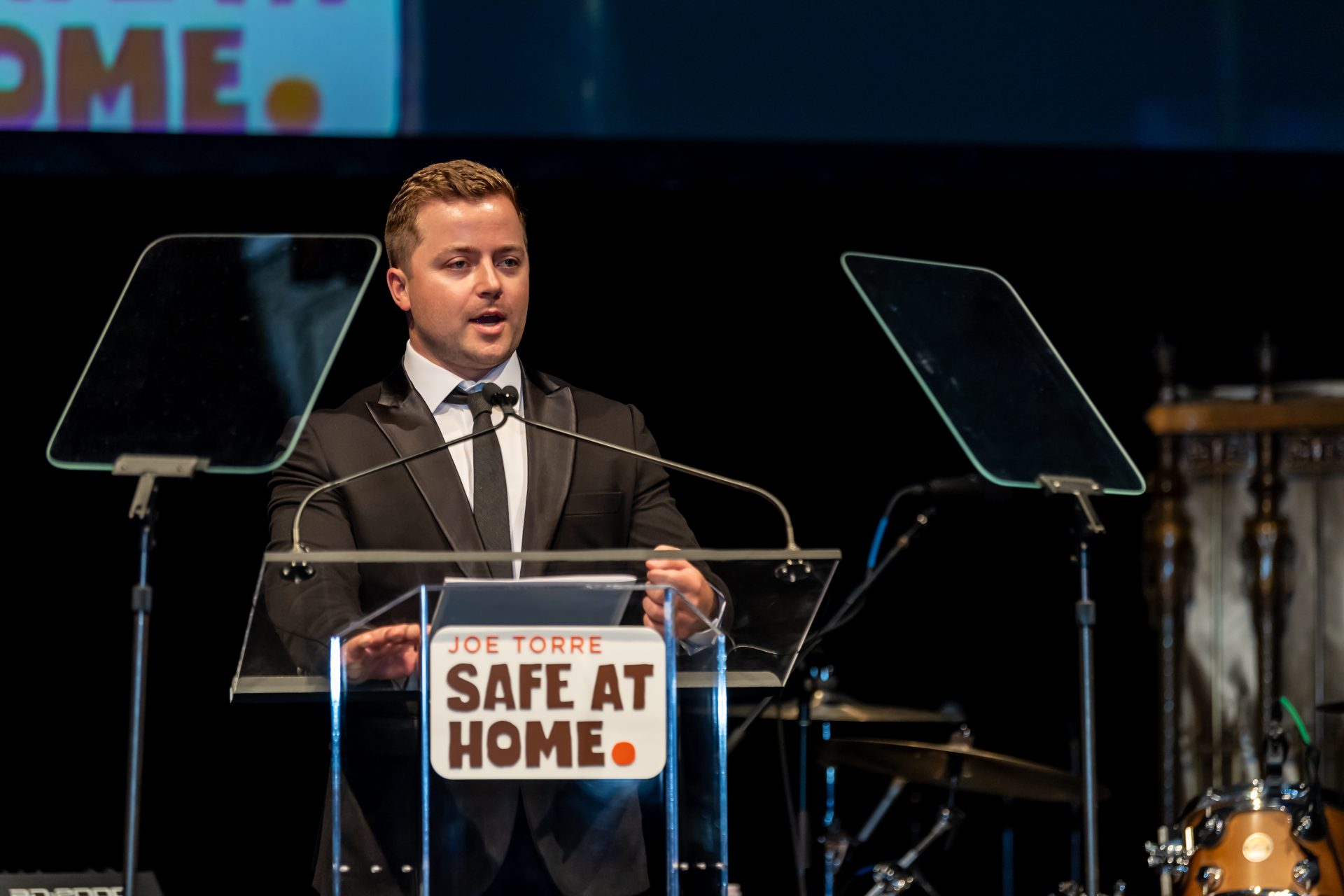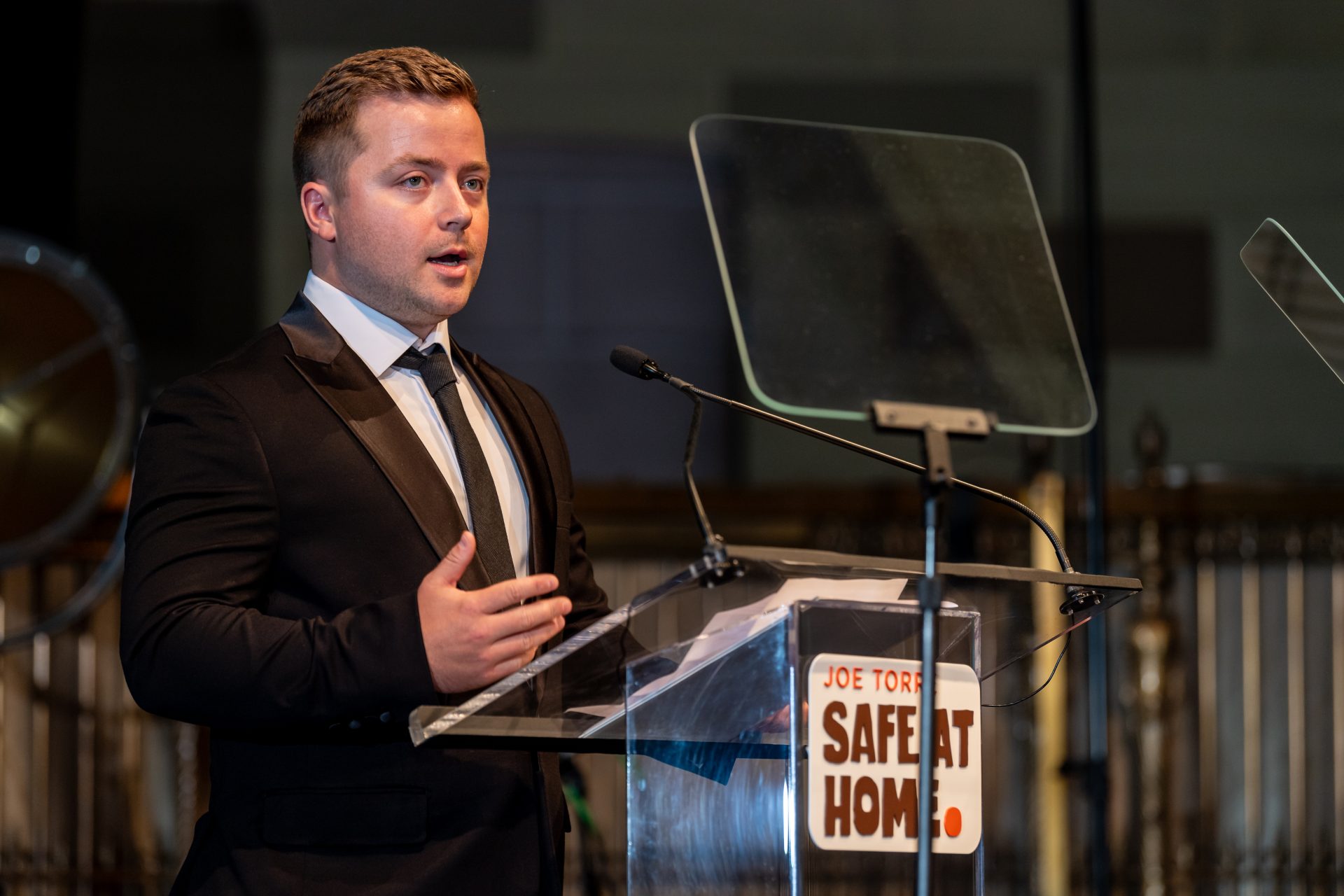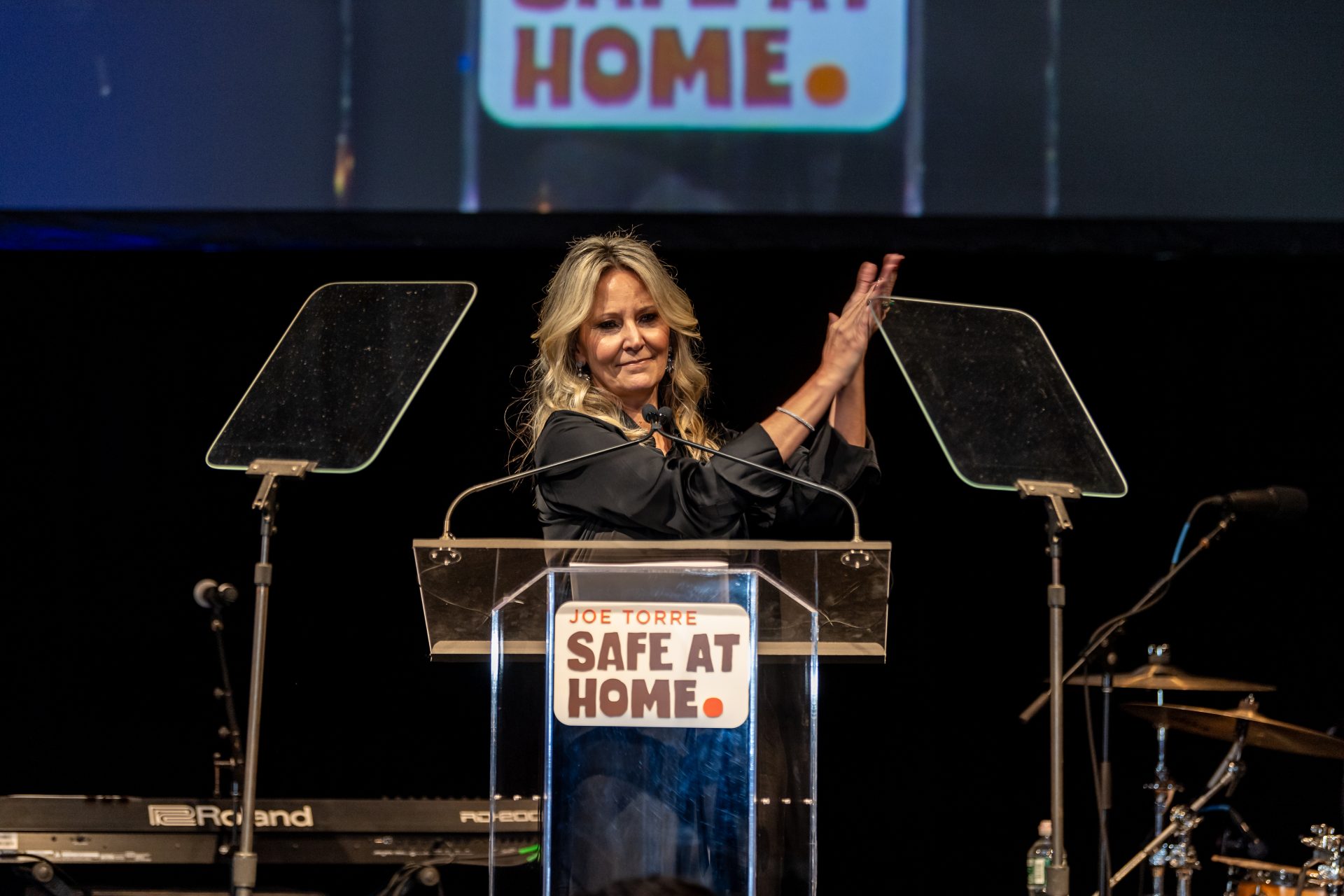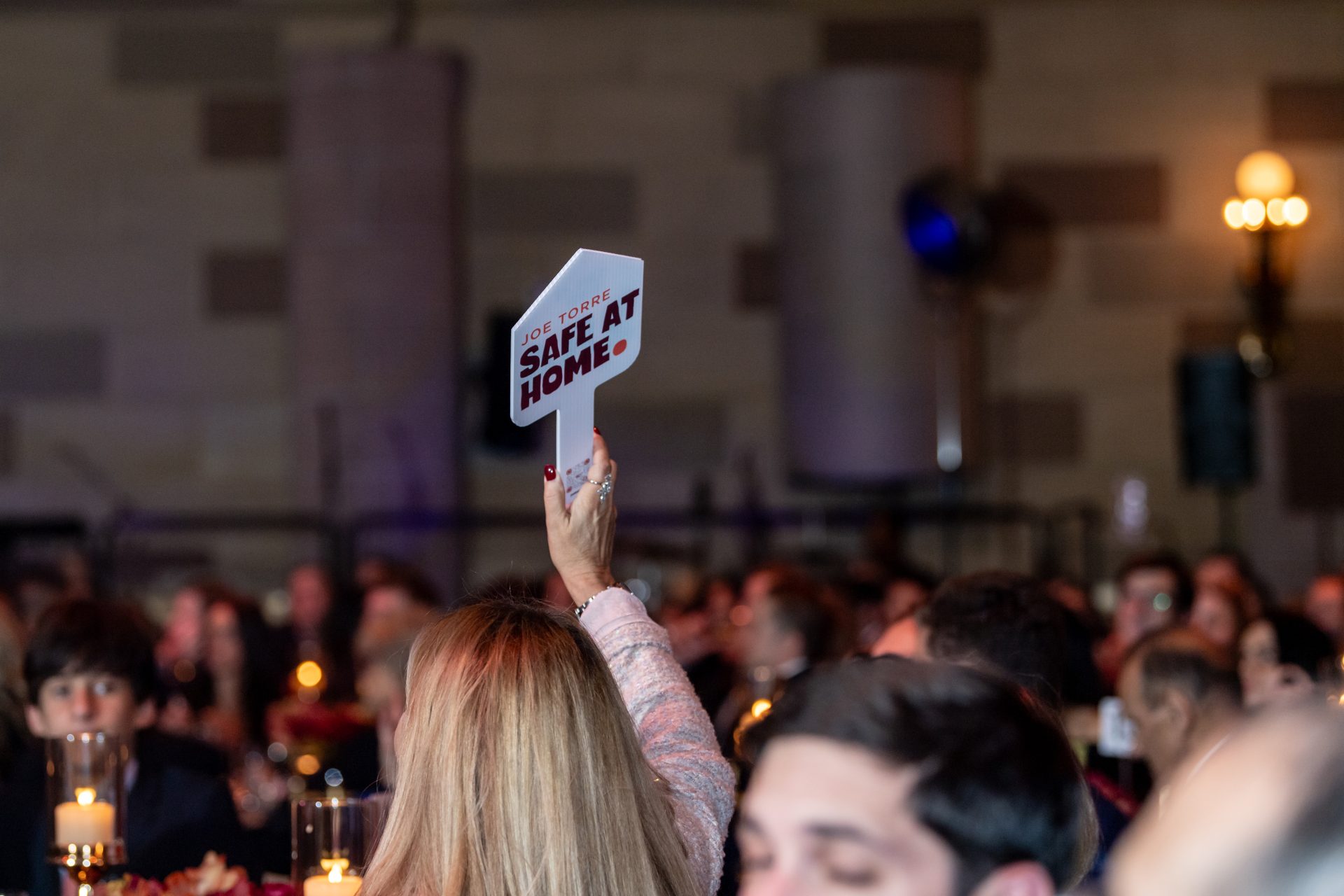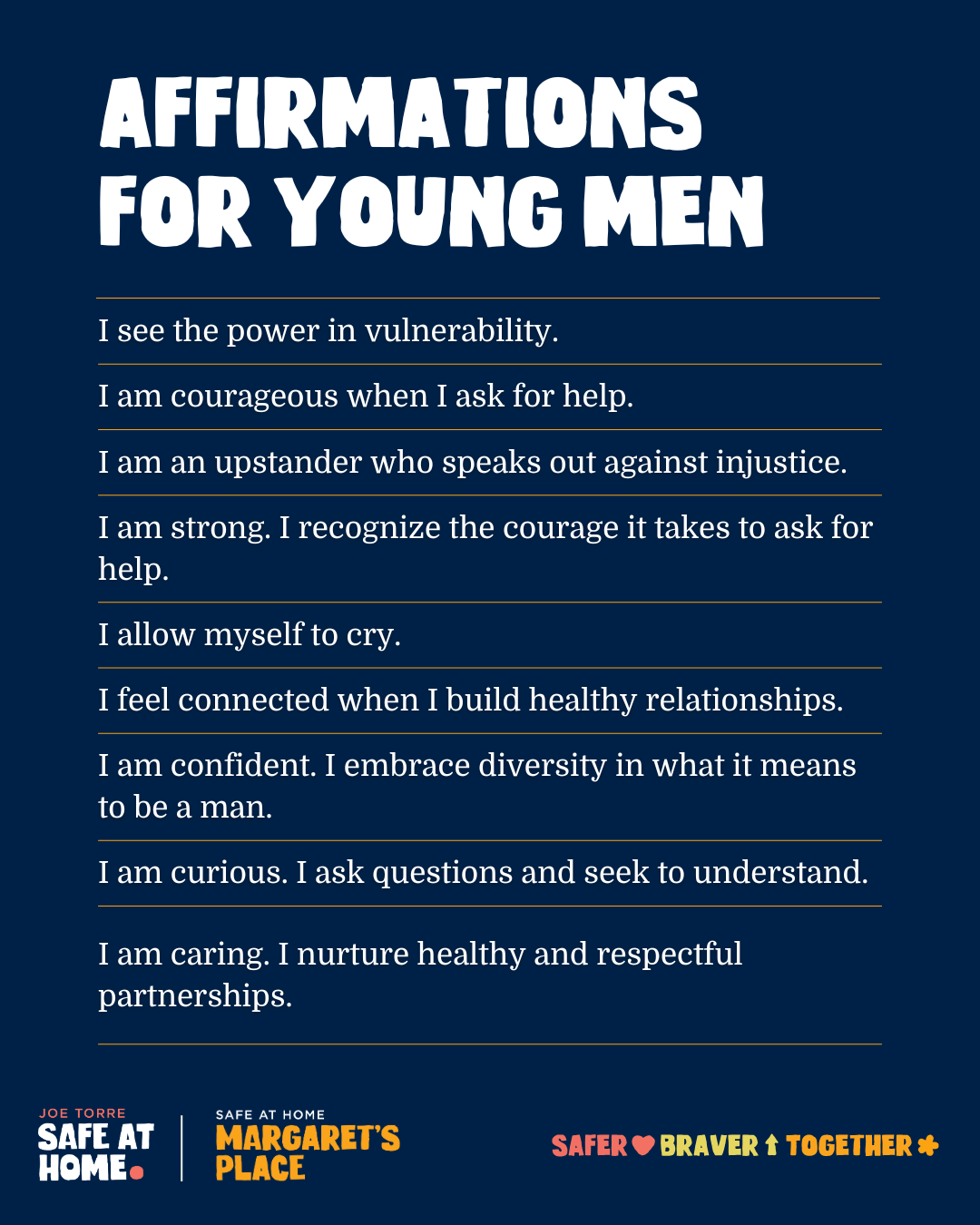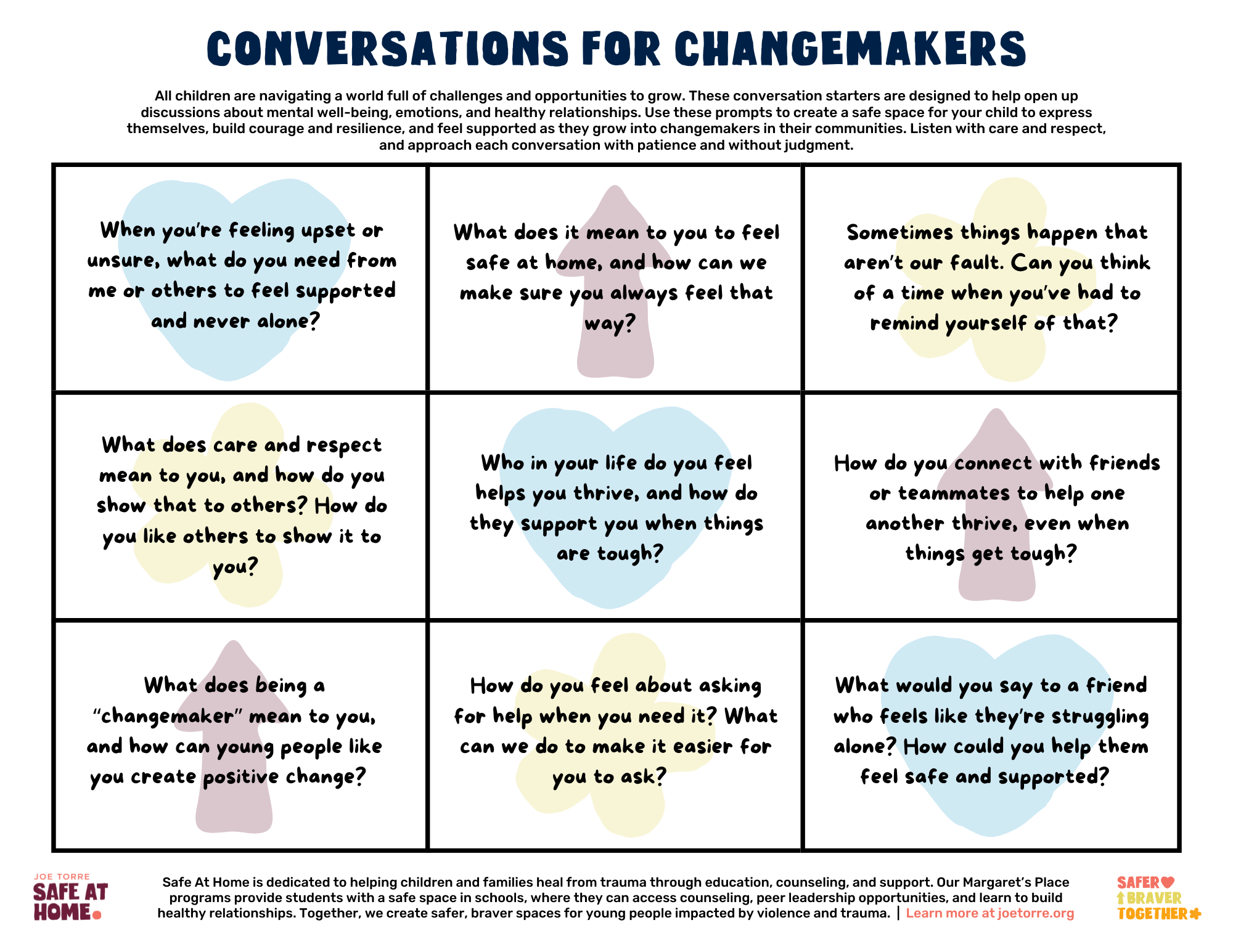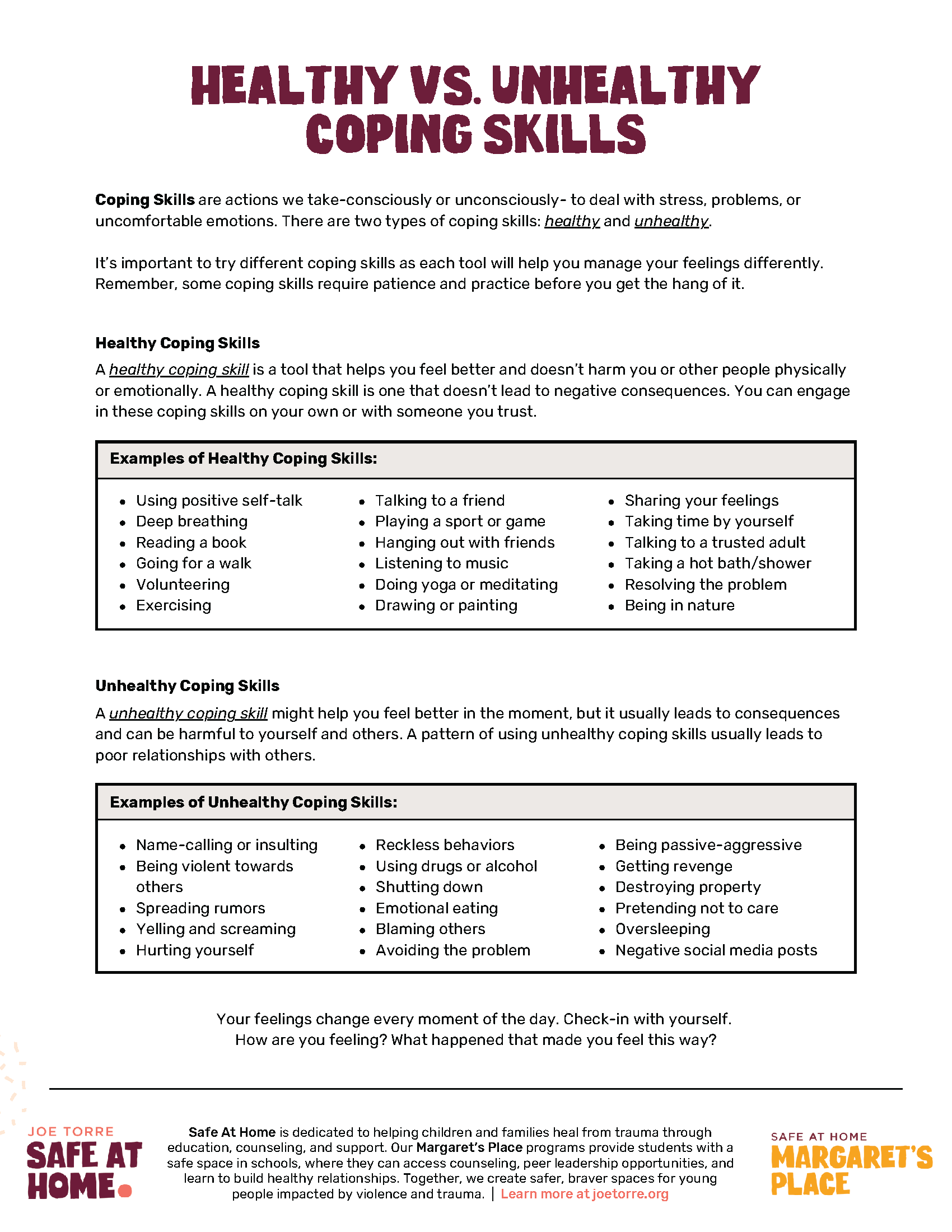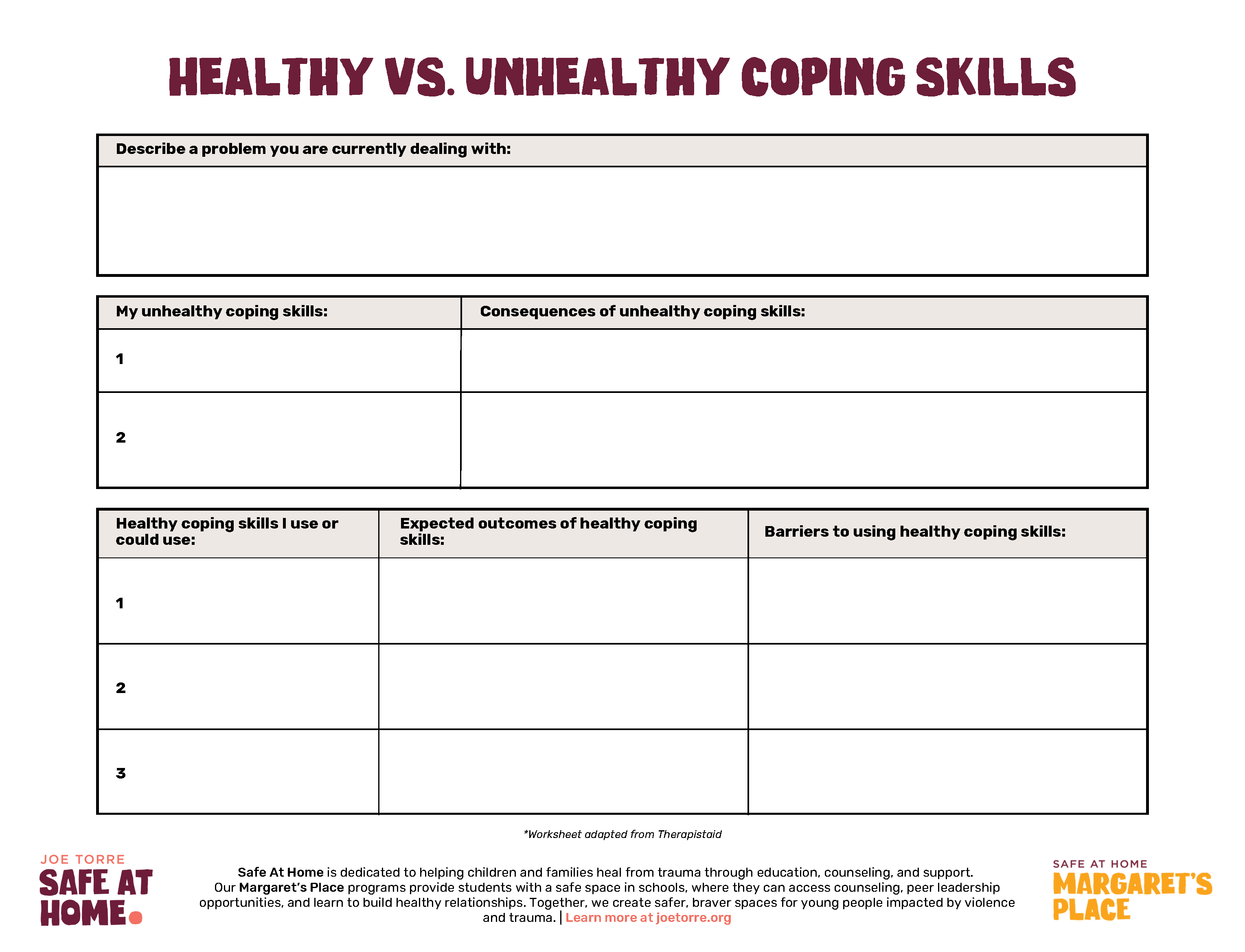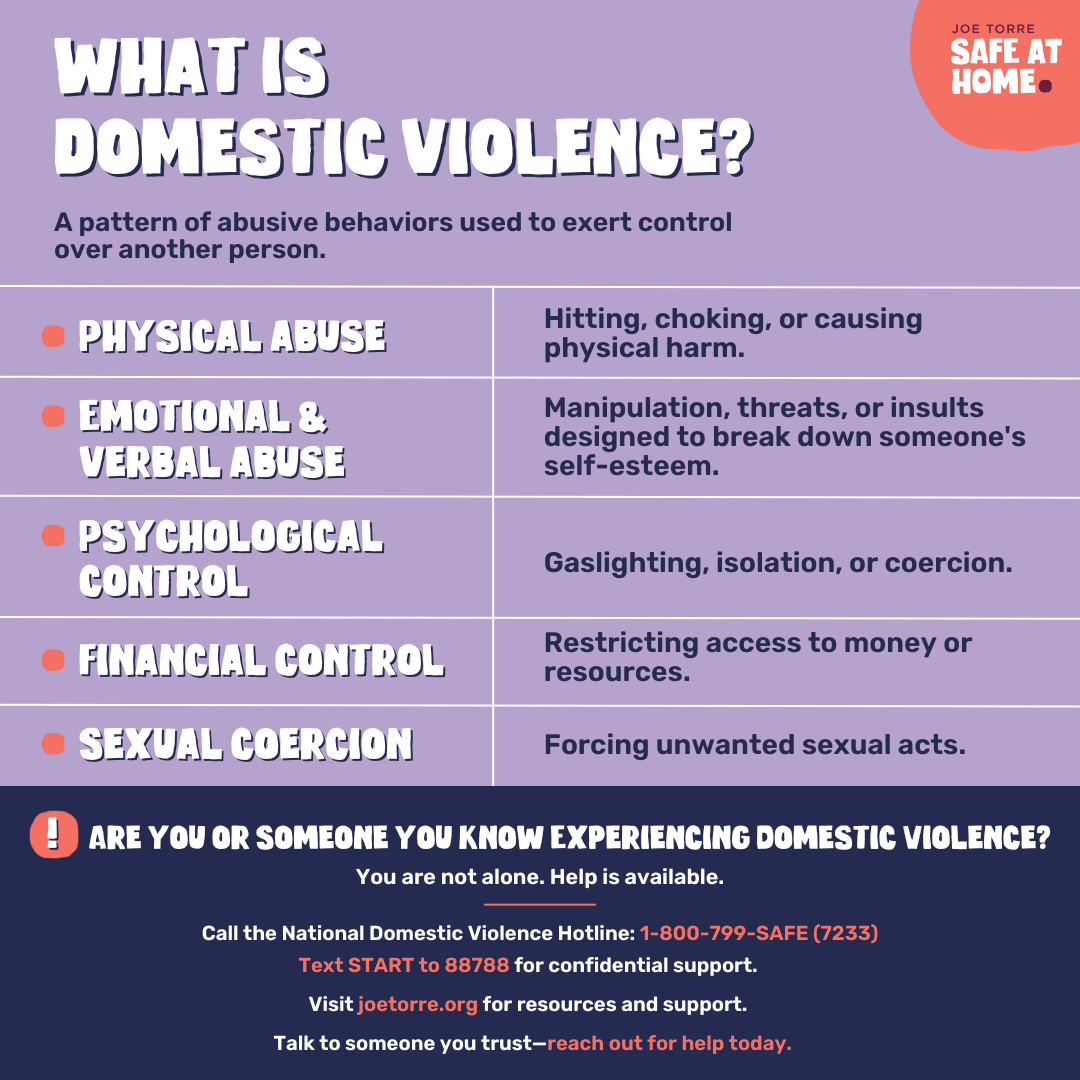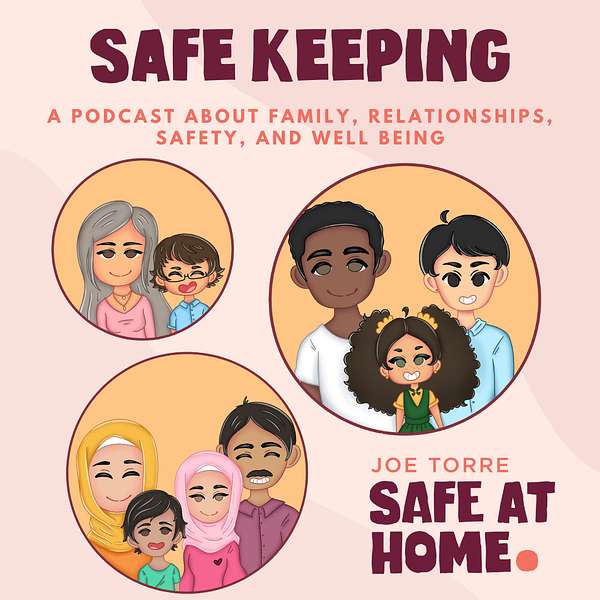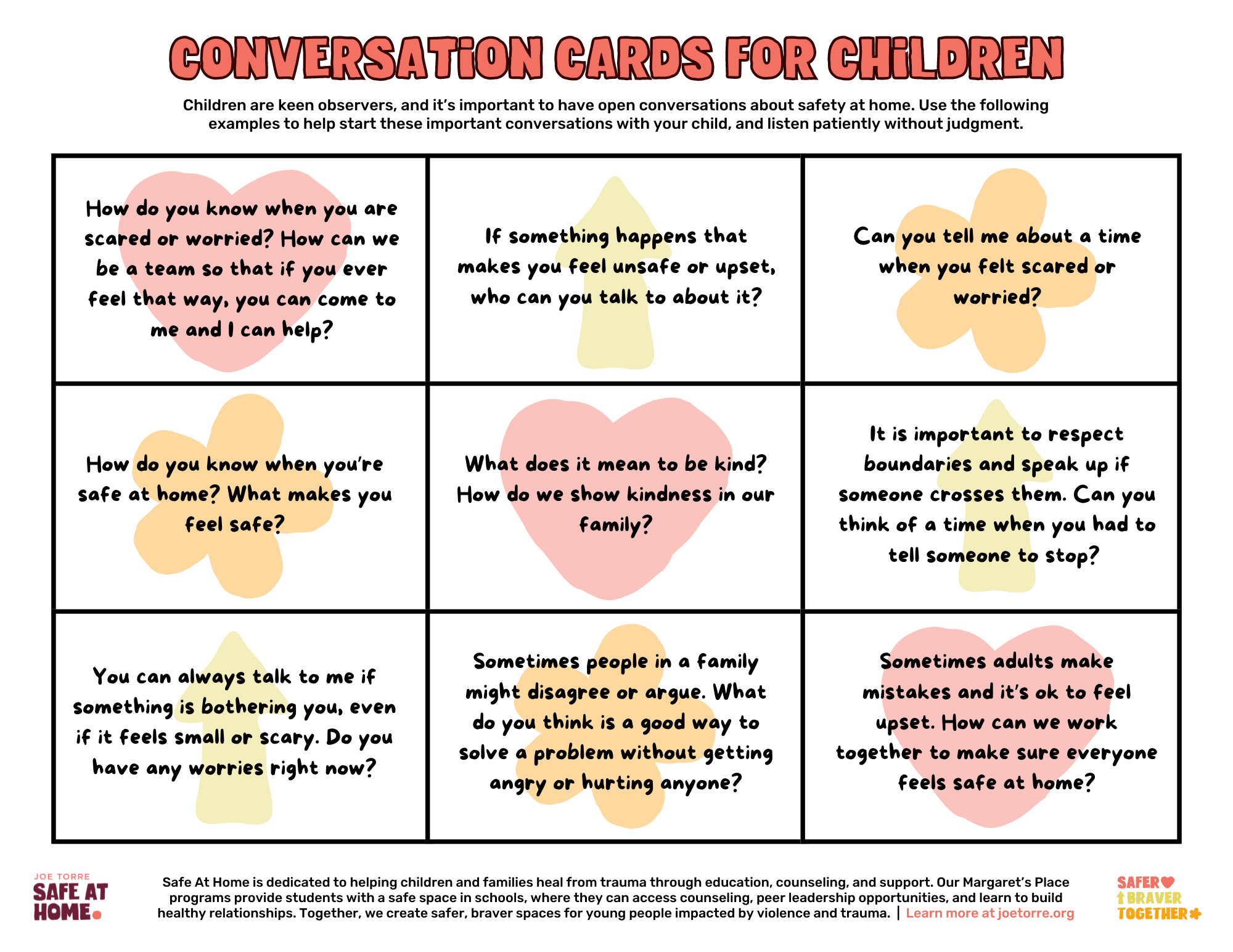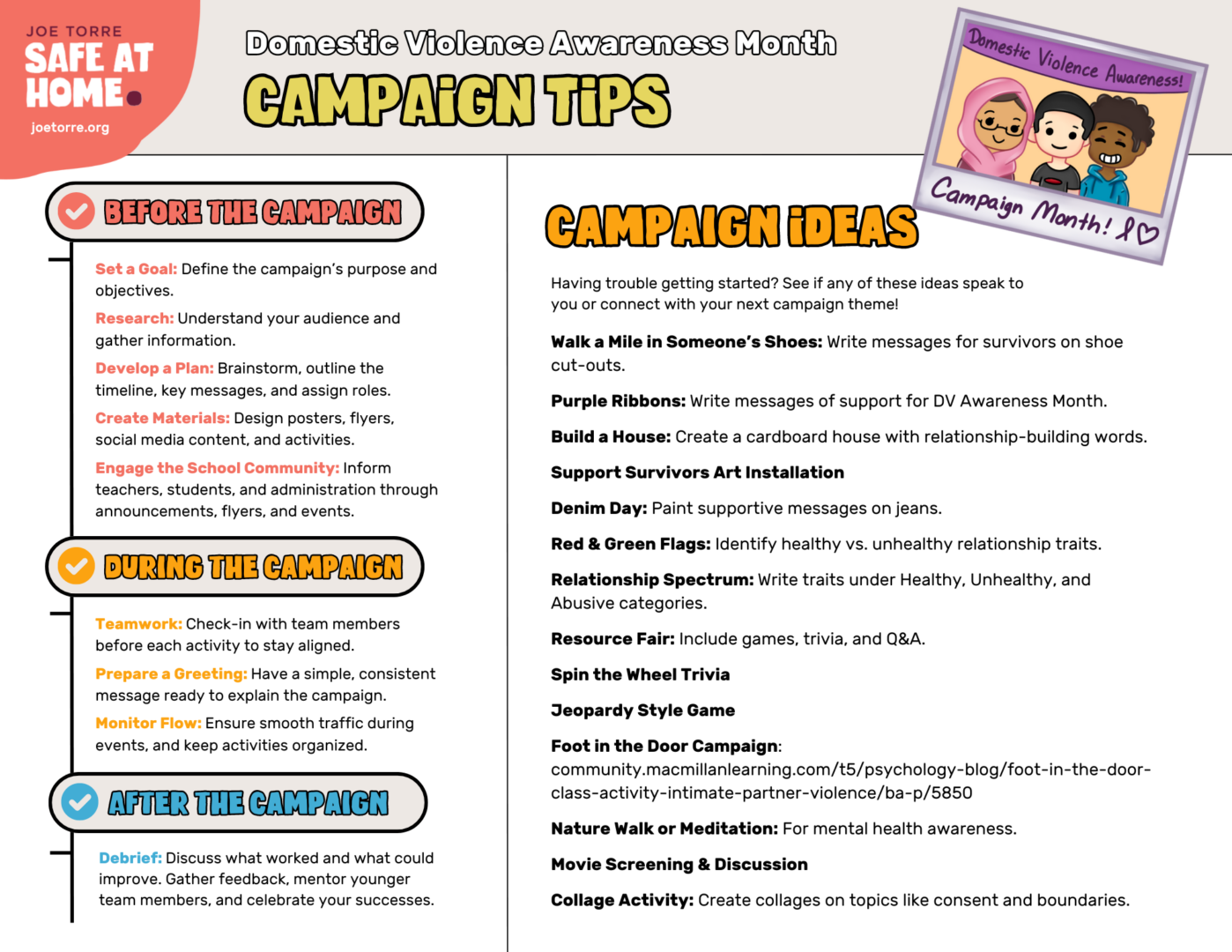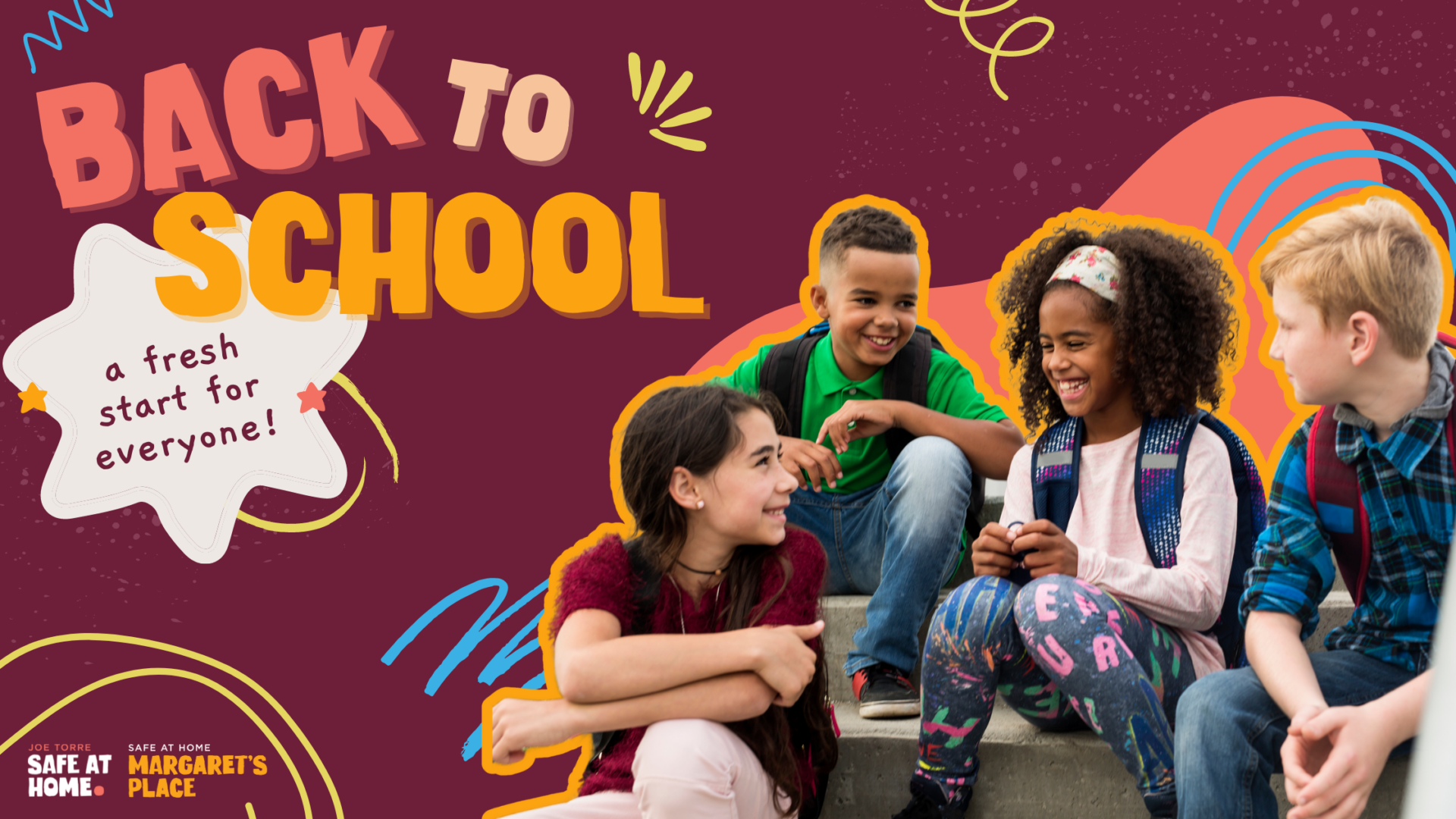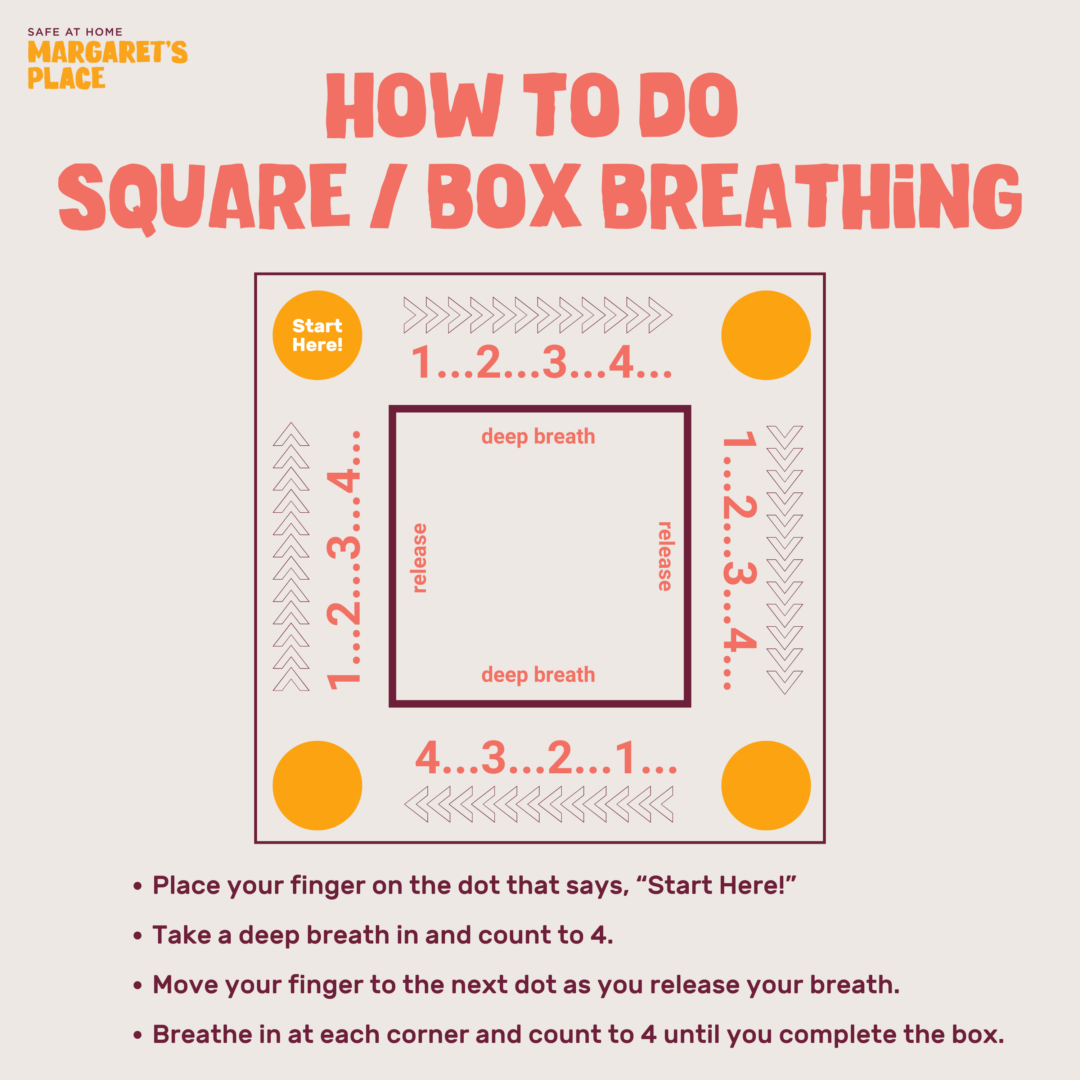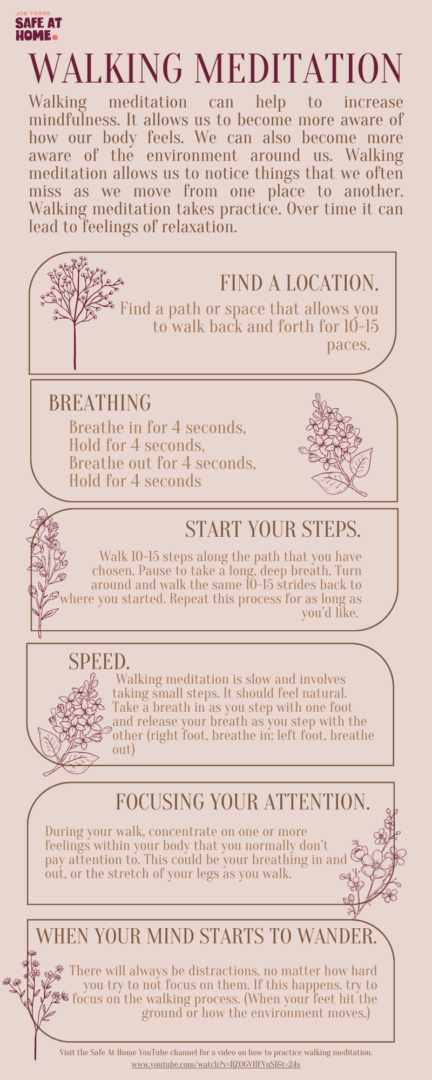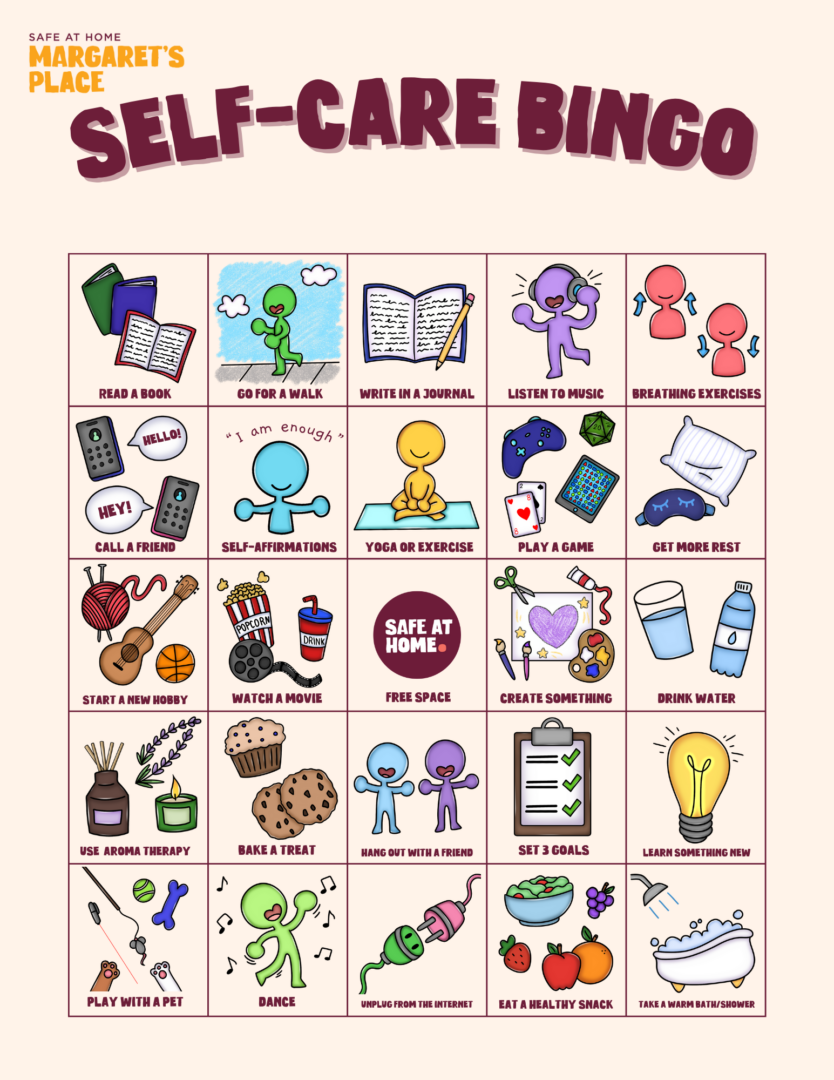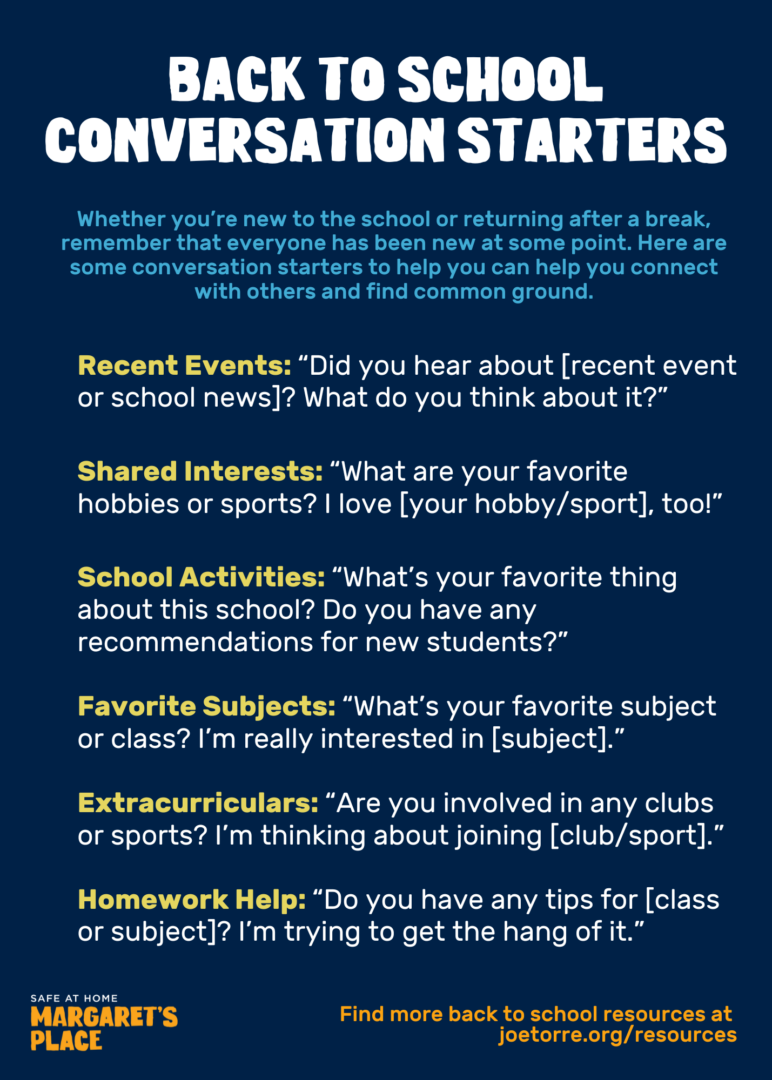Teen Dating Violence:
Understanding, Preventing, and Supporting Healthy Relationships
Teen Dating Violence (TDV) is more common than many realize, affecting nearly 1 in 3 teens in the U.S. It involves any form of abusive behavior used to control or manipulate a partner in a dating relationship. This abuse can be physical, emotional, sexual, or digital, and it can occur in both in-person and online settings. The effects of TDV are long-lasting, impacting not only a teen’s immediate well-being but also their future relationships, mental health, and self-esteem. Recognizing the different forms of TDV is the first step toward preventing it, and understanding what makes a healthy relationship is essential to ending the cycle of abuse.
What is Teen Dating Violence (TDV)?
TDV encompasses any type of abusive behavior used to control or manipulate a partner in a dating relationship. This abuse can take many forms, including:
- Physical Abuse: Hitting, slapping, pushing, or other forms of physical harm.
- Emotional and Psychological Abuse: Controlling behavior, verbal attacks, isolation, manipulation, or threats.
- Sexual Abuse: Any form of non-consensual sexual activity or coercion.
- Digital Abuse: Using technology to control or intimidate a partner, including cyberbullying, monitoring social media, or tracking a partner’s location.
The impact of TDV is significant—both physically and emotionally. It can affect a teen’s mental health, academic performance, and social life. Unfortunately, many teens may not recognize that they are in an abusive relationship or may feel too afraid to speak out.
Signs of Teen Dating Violence
It’s important for both teens and adults to recognize the warning signs of TDV. These can include:
- Changes in behavior: A teen may become withdrawn, anxious, or depressed.
- Sudden social withdrawal: Avoiding friends, family, or activities they once enjoyed.
- Excessive texting or calling: A partner constantly checking in or controlling communication.
- Frequent bruises or injuries: Physical signs of abuse may be hidden but should be taken seriously.
- Changes in appearance or mood: Changes in how a teen dresses or behaves, potentially due to fear or shame.
- Low self-esteem or guilt: A teen may begin to blame themselves for their partner’s behavior or feel unworthy of love or respect.
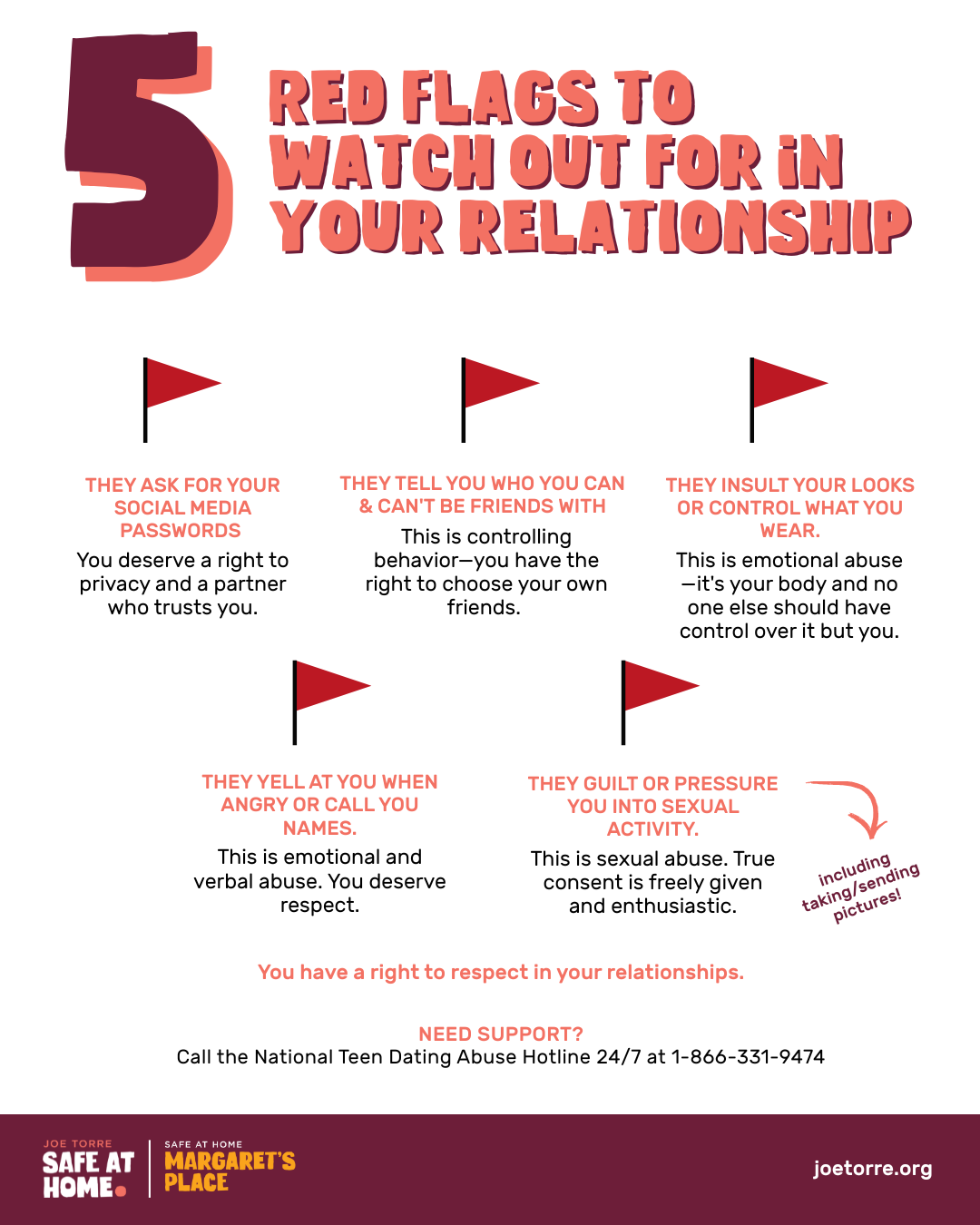
The Importance of Healthy Relationships
The best way to prevent TDV is through education. Teaching teens about healthy relationships is vital for preventing abuse. Healthy relationships are based on mutual respect, trust, and communication. Here are some key characteristics of a healthy relationship:
- Respect for boundaries: Each person has the right to their own space, thoughts, and feelings.
- Effective communication: Open, honest conversations where both people listen to and respect each other.
- Equality: Both partners should have an equal say in decisions and should never feel forced or controlled.
- Support and care: Healthy partners support each other’s personal goals and well-being.
Encouraging teens to understand these qualities can help them make healthier relationship choices and avoid entering abusive situations.
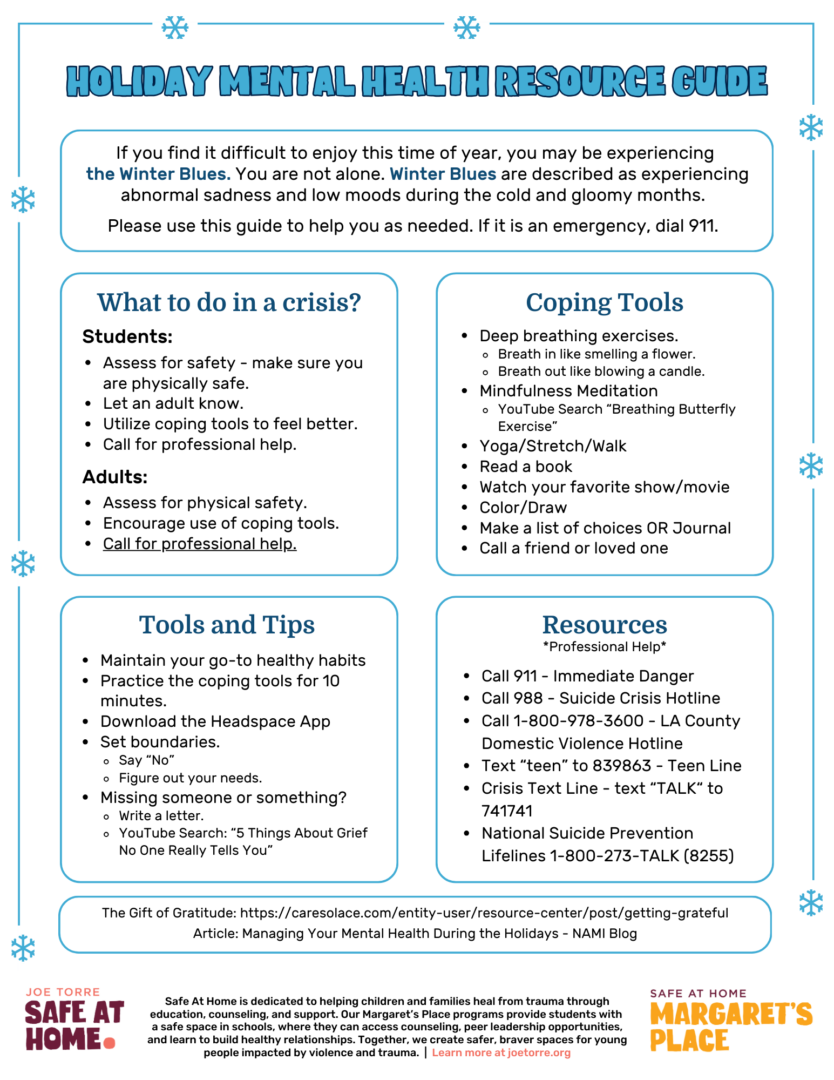
4. Reach Out for Support: Mental Health Resources
If you’re feeling overwhelmed, it’s important to know that support is available. During the holidays, many people experience increased mental health struggles, and seeking help is crucial. Whether you need someone to talk to or professional support, there are numerous resources available to assist you.
Helpful Resources:
- National Suicide Prevention Lifeline: Call or text 988
- Crisis Text Line: Text “HOME” to 741741
- Domestic Violence Hotline: 1-800-799-7233
Our Holiday Mental Health Resource Guide also provides practical steps and support for individuals and families navigating the emotional challenges of the season.
Descarga nuestro Guía de Recursos Para Los Días Festivo en Espanol.
How to Prevent Teen Dating Violence
Preventing TDV requires a community effort. Parents, educators, peers, and communities all play a significant role in stopping dating violence before it starts. Here are some important prevention strategies:
- Educate teens about healthy relationships: Regularly engage in conversations about what healthy relationships look like. Make sure teens know the importance of respect, boundaries, and equality in any relationship. Encouraging open, honest conversations can build their confidence to make safe choices.
- Foster strong communication skills: Teach teens how to express themselves effectively, ask for help when needed, and stand up for themselves. Healthy communication skills help teens resolve conflicts without resorting to control or manipulation.
- Promote self-esteem and confidence: Help teens develop a strong sense of self-worth. A teen with healthy self-esteem is more likely to recognize when they’re being mistreated and less likely to tolerate harmful behavior in a relationship.
- Encourage healthy social media habits: In the digital age, relationships are often monitored or manipulated online. Discuss the dangers of digital abuse, such as controlling texts, social media surveillance, or cyberbullying, and help teens understand what constitutes digital boundaries. Teens should be aware that digital abuse is a real and serious issue. Behaviors like constantly checking a partner’s phone, pressuring for passwords, or monitoring social media are signs of control, not care. Encourage open discussions about how social media should be used respectfully, and what to do if they feel their digital space is being violated.
- Provide resources and support: Make sure teens know where to turn for help if they experience or witness TDV. Whether it’s a school counselor, helpline, or community resource, teens should always have accessible support. Offer resources like the Love is Respect Hotline (Text “LOVEIS” to 22522) and the National Domestic Violence Hotline at (1-800-799-7233).


What to Do if You or Someone You Know Is in an Abusive Relationship
If you are a teen experiencing dating violence, or you suspect someone you care about is, there are steps you can take to get support:
- Reach out to a trusted adult: It’s important to talk to someone you trust, such as a parent, teacher, counselor, or family member. They can help guide you to the right resources and support.
- Contact a helpline: The National Domestic Violence Hotline offers confidential support at 1-800-799-SAFE (1-800-799-7233) or via text at Text “START” to 88788.
- Create a safety plan: If you are in immediate danger, make sure you have a plan for getting to a safe place, whether it’s a friend’s house or another trusted location.
- Use resources at school or in your community: Many schools and community centers offer counseling and support for teens in abusive relationships.
- Know your rights: Teens are entitled to protection and support. Laws exist in many states to protect victims of dating violence.
How to Talk to Teens or Friends About Teen Dating Violence
Starting a conversation about TDV may feel uncomfortable, but it’s one of the most important steps in preventing it. Teens and young adults may not always recognize unhealthy relationship dynamics, so it’s crucial to create an environment where they feel safe discussing these issues openly. Here are some strategies to approach these conversations:
- Choose the Right Moment: Find a time when you and the teen or friend are relaxed, such as during a car ride, while watching a show, or during a meal. Make sure it’s a moment where you’re both not distracted or stressed, so they feel comfortable talking.
- Use Media to Spark Dialogue: Sometimes, it’s easier to start these conversations through shared media like movies, TV shows, or social media. You can ask questions like, “What do you think about the way they handled that situation?” or “Have you seen something similar in your own friendships?” This helps ease into a discussion about TDV.
- Focus on Respect and Boundaries: Start by emphasizing that a healthy relationship is based on mutual respect, trust, and clearly defined boundaries. Explain that both people in a relationship should feel comfortable and valued. Share examples of what respectful communication and behavior look like.
- Normalize the Conversation: Let your teen or friend know that it’s normal to talk about relationships. These conversations shouldn’t be difficult, and everyone deserves to feel respected and safe in a relationship. Let them know abusive behaviors, such as controlling, belittling, or pressuring, are not acceptable.
- Be Open, Listen, and Validate: When they talk, listen without interrupting. Acknowledge their feelings and validate what they’re saying. Let them know it’s okay to express concern or discomfort about a relationship, and that they deserve to feel supported.
- Provide Resources and Support: If they or someone they know is experiencing TDV, make sure they know where to go for help. Share important resources such as the National Domestic Violence Hotline (1-800-799-SAFE), Love is Respect (Text “LOVEIS” to 22522), or a trusted school counselor. Let them know they’re not alone.
- Discuss Healthy vs. Unhealthy Relationships: Help them recognize the difference between a healthy and unhealthy relationship. Healthy relationships are built on trust, communication, and equality, while unhealthy relationships involve control, jealousy, and disrespect. Encourage them to prioritize mutual respect and communication in their relationships.
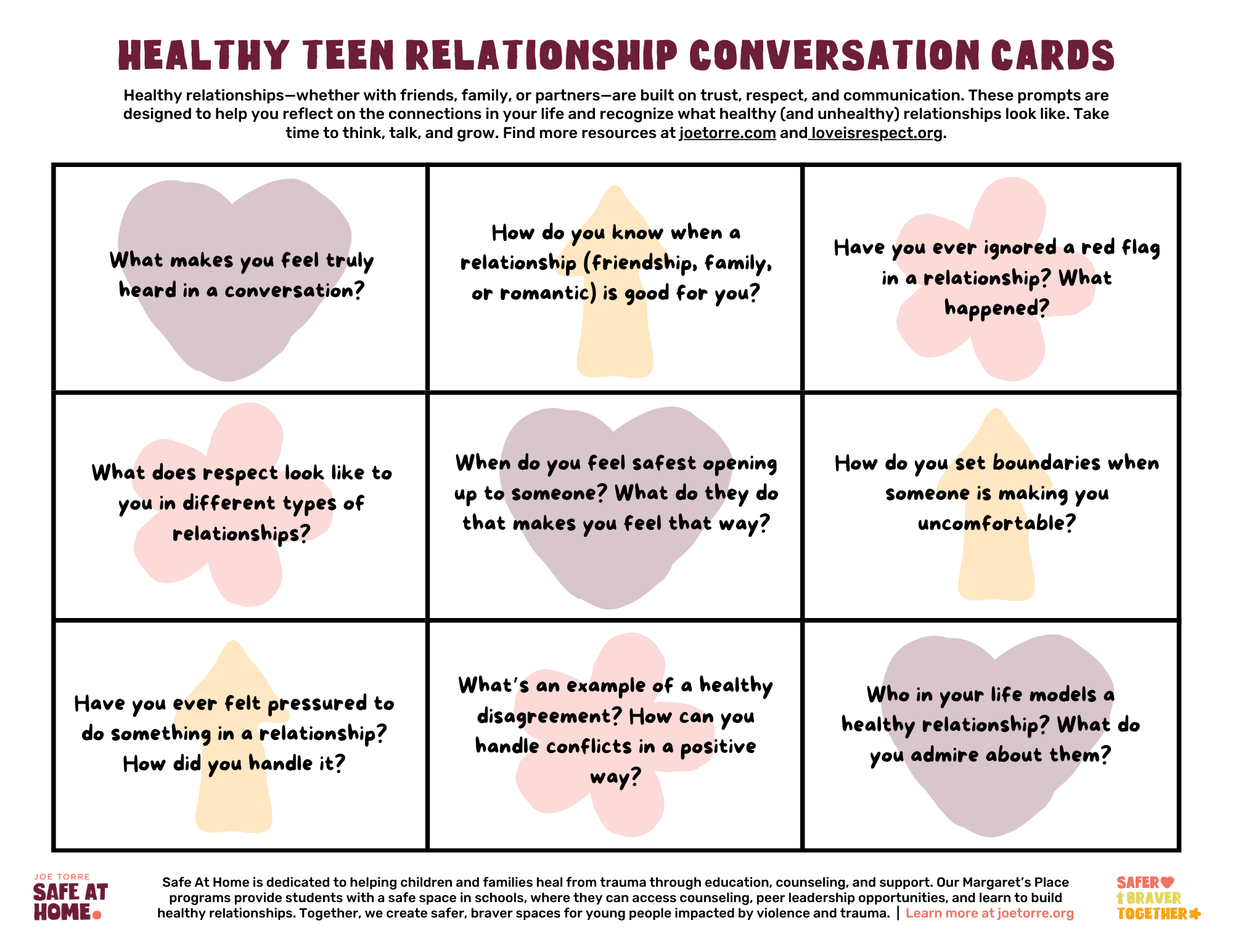
Resources:
- National Domestic Violence Hotline: 1-800-799-SAFE (7233)
- Love is Respect: Text “LOVEIS” to 22522 or call 1-866-331-9474
- The Domestic Violence Resource Center
- Local school counselors and community centers: Many schools provide free resources for students facing dating violence.
Let’s work together to ensure all teens understand the importance of respect in relationships. Share this blog with friends, start the conversation with your teens, and make sure everyone knows where to find help if they need it. Together, we can make a lasting impact in ending teen dating violence and fostering healthier, more respectful relationships.
About Safe At Home
Joe Torre, along with his wife Ali, founded Safe At Home in 2002 to end the cycle of violence and save lives. Known for his 60+ years in baseball as an All-Star player, broadcaster, and Hall of Fame manager, Joe carried the burden of childhood trauma from domestic violence. This personal experience inspired him to ensure no child would ever feel alone, afraid, or ashamed.
Safe At Home’s Margaret’s Place program, named in honor of Joe’s mother, offers trauma-informed intervention and prevention services within schools, helping students learn about healthy relationships, leadership, and emotional well-being. The impact of Margaret’s Place program’s impact extends beyond the classroom, uplifting families, schools, and communities. Currently operating across 29 school sites in New York, California, Ohio, and two international locations, Margaret’s Place has directly served over 200,000 young people, families, schools, and communities.
We aim to provide valuable and accesible digital resources, including trauma-informed care, mental health support, and expert advice to empower those seeking healing and resilience.
We are safer, and braver, together.
